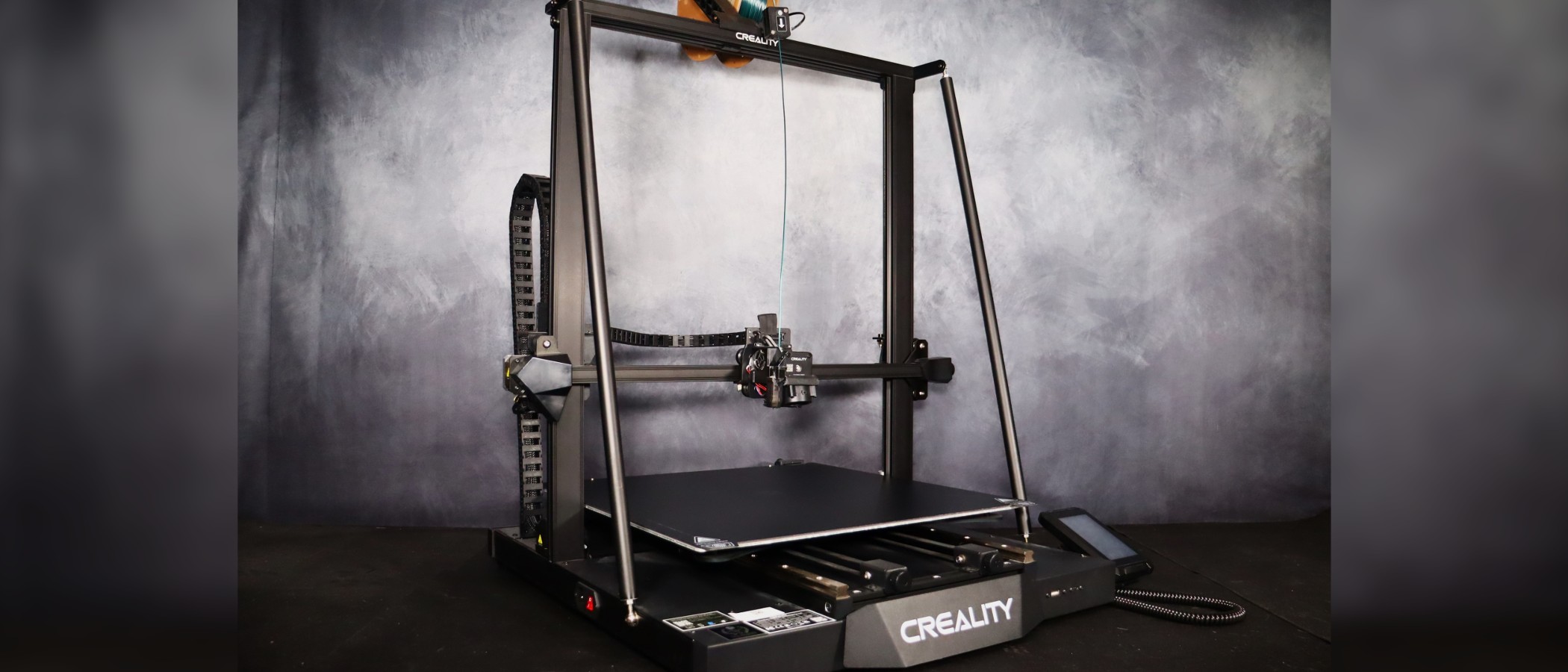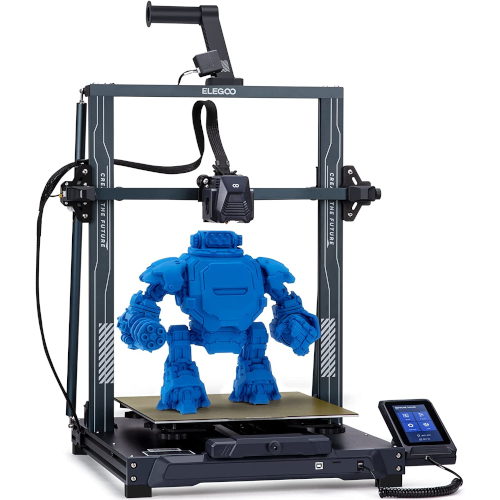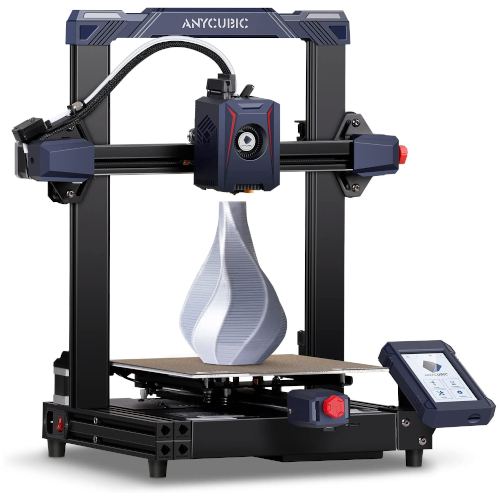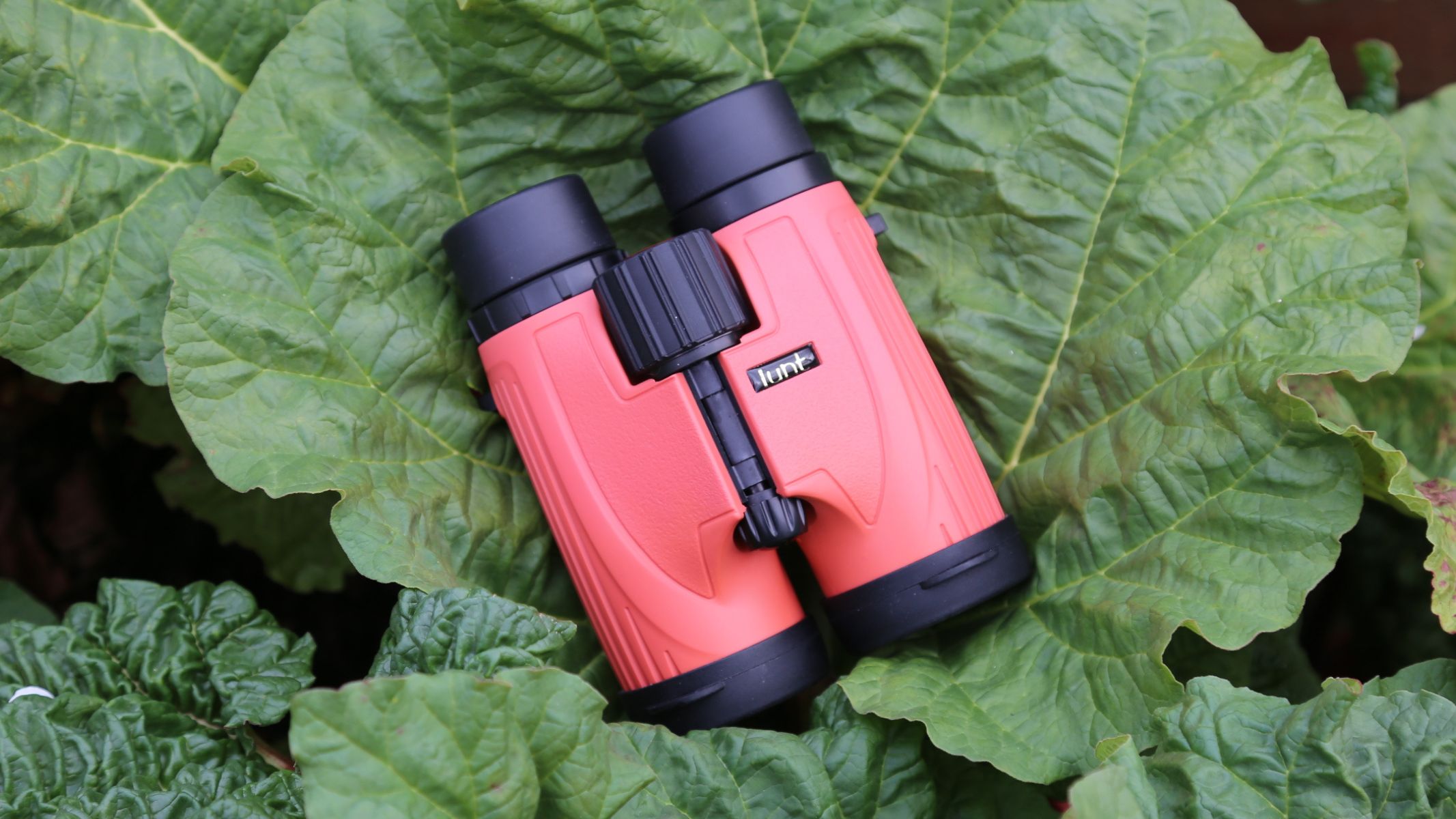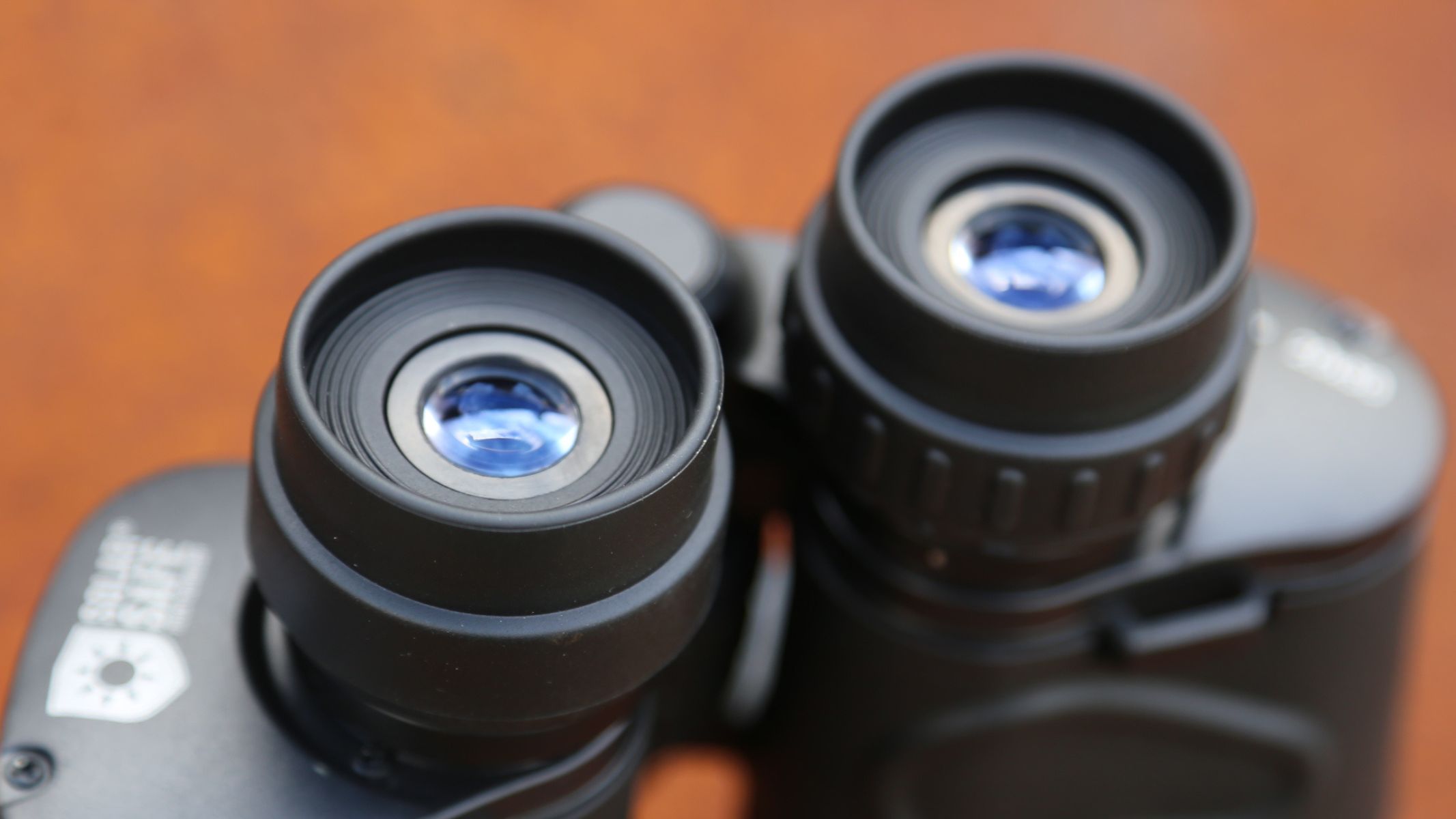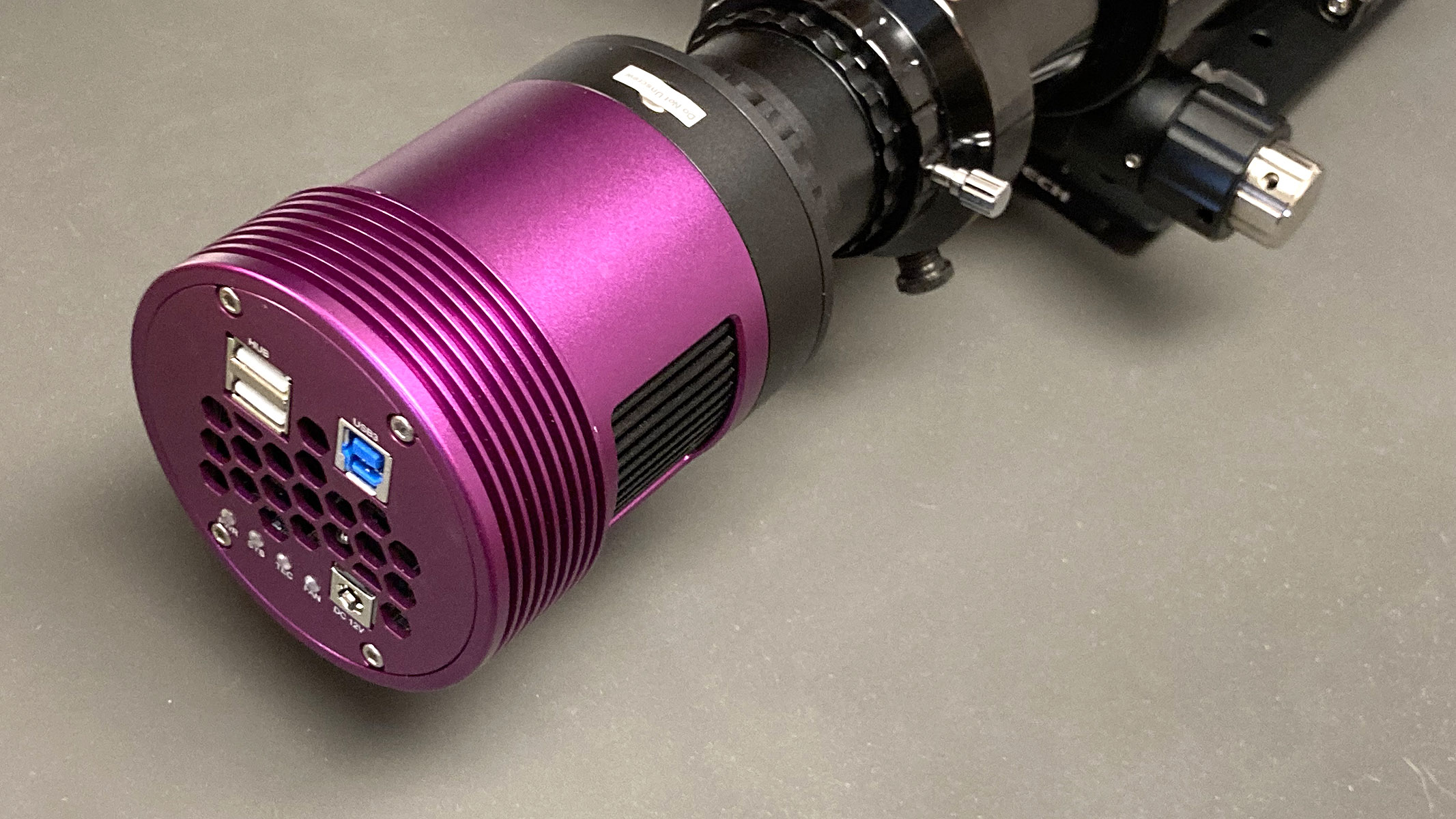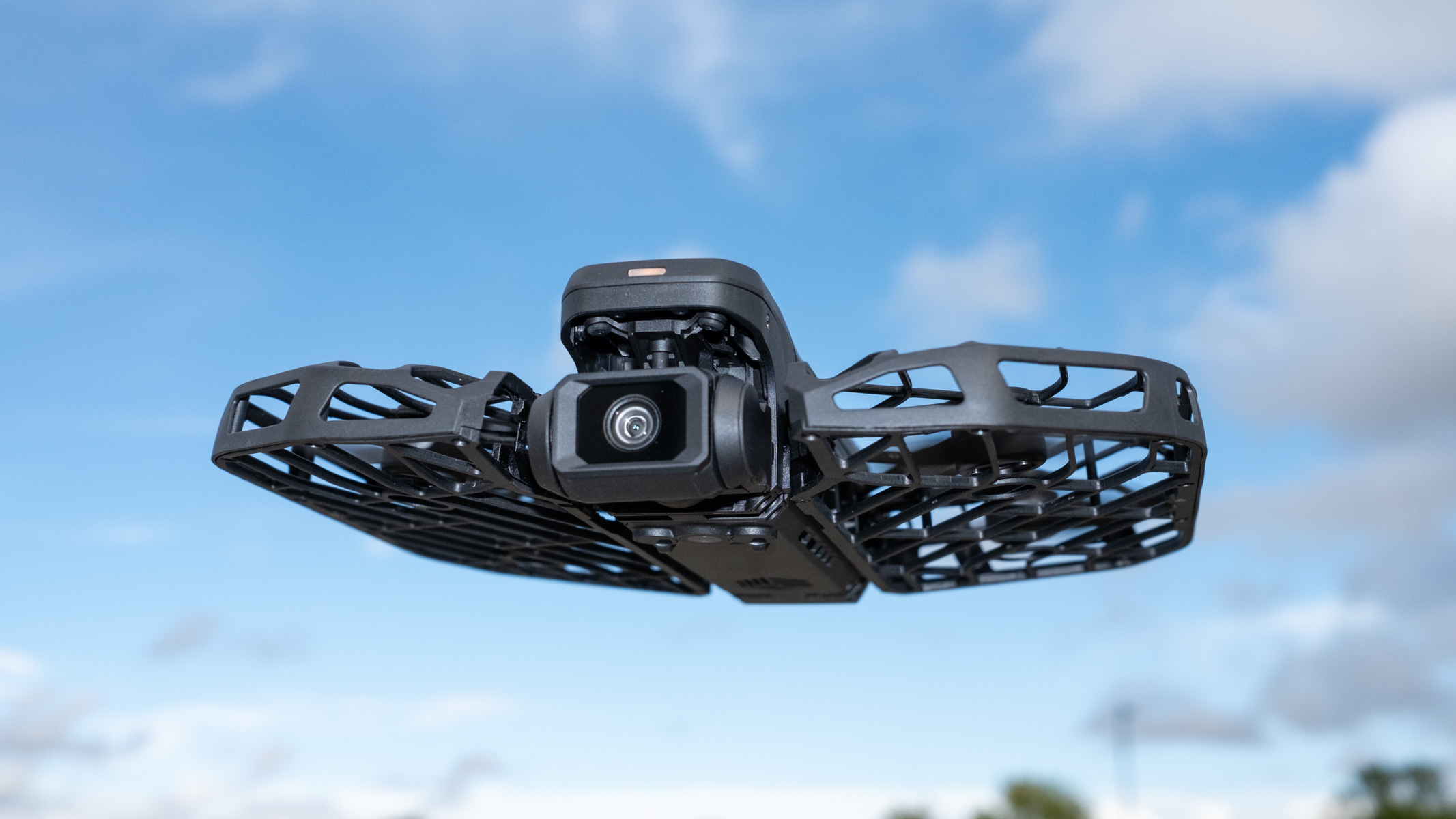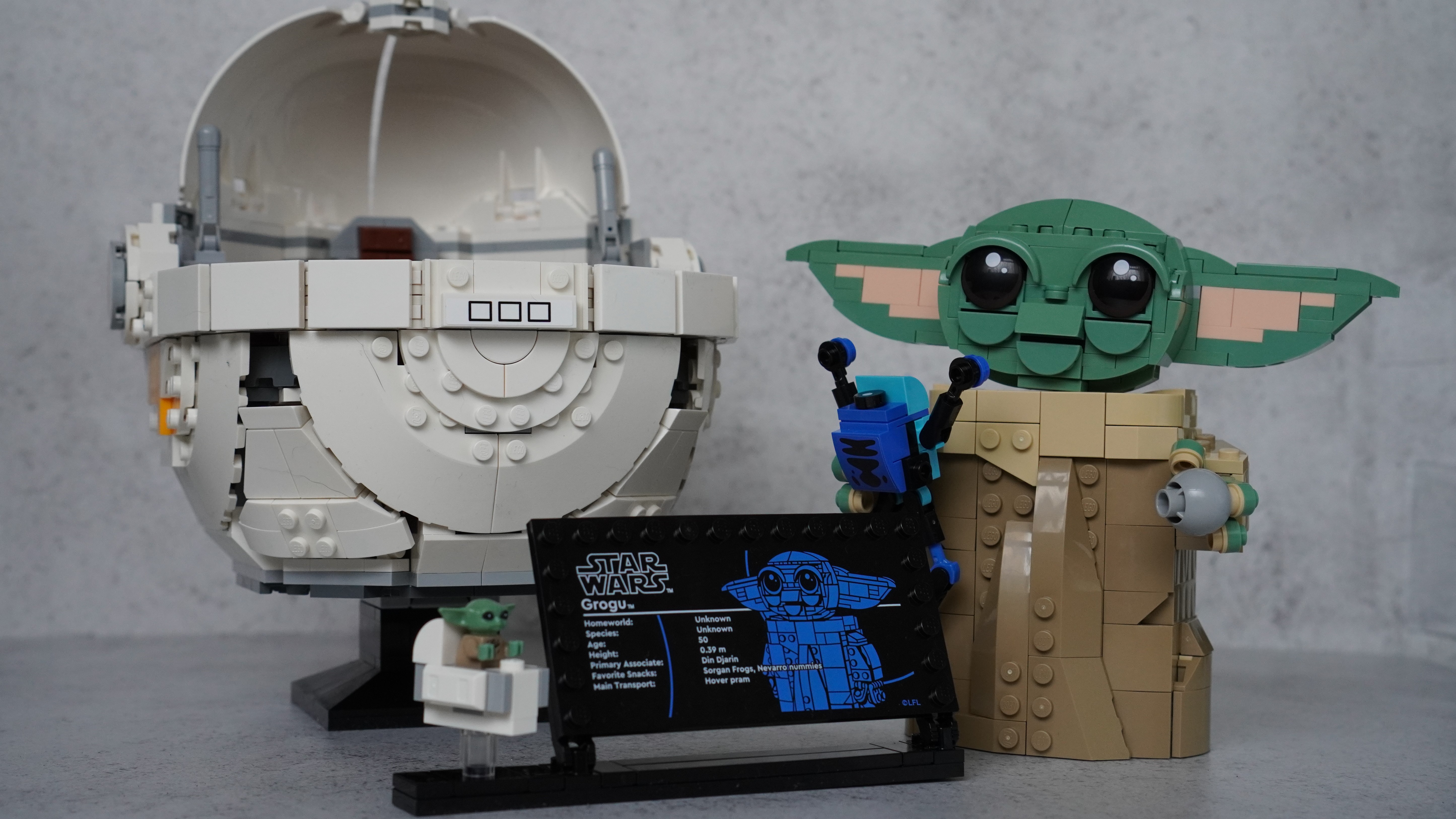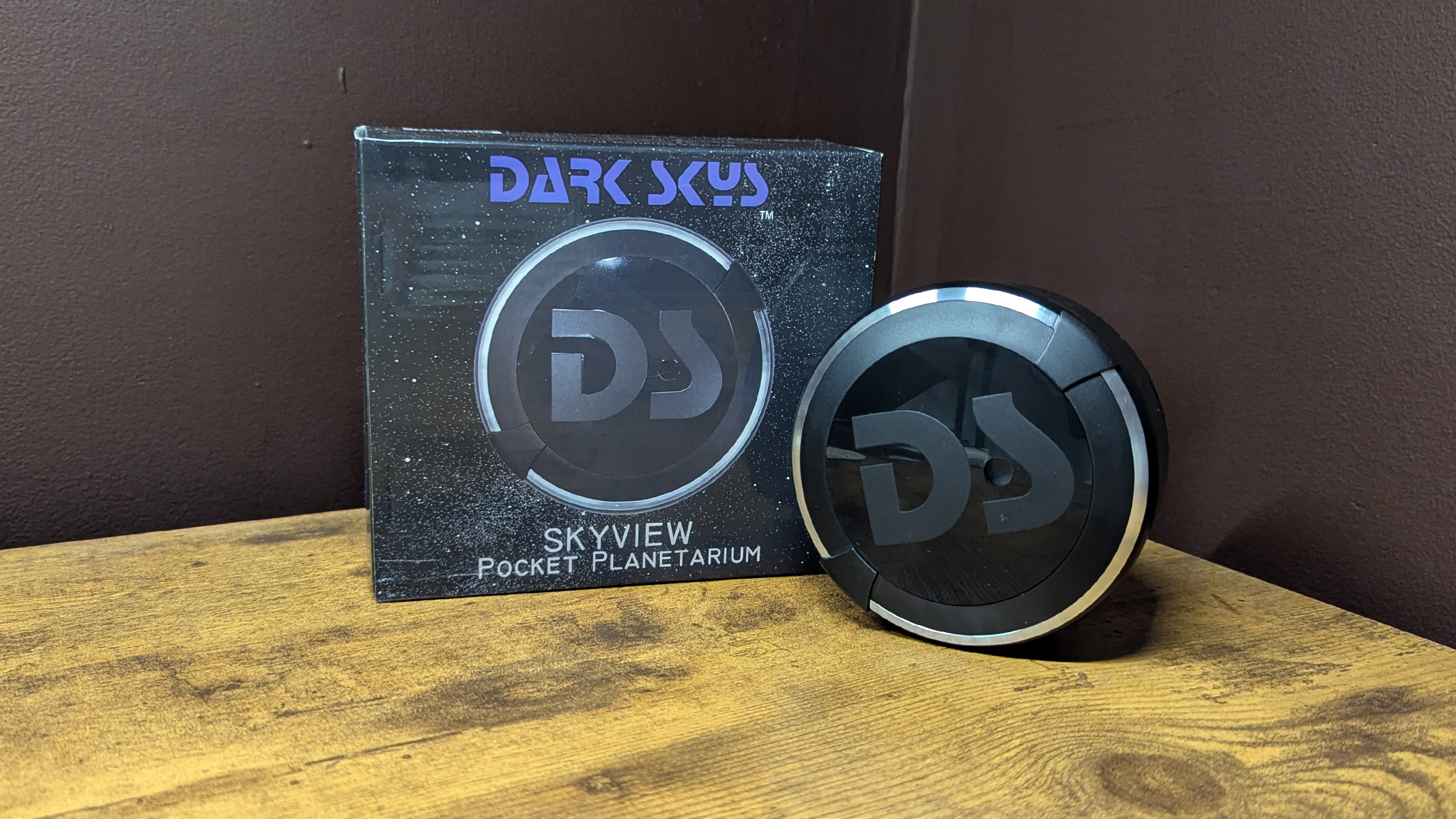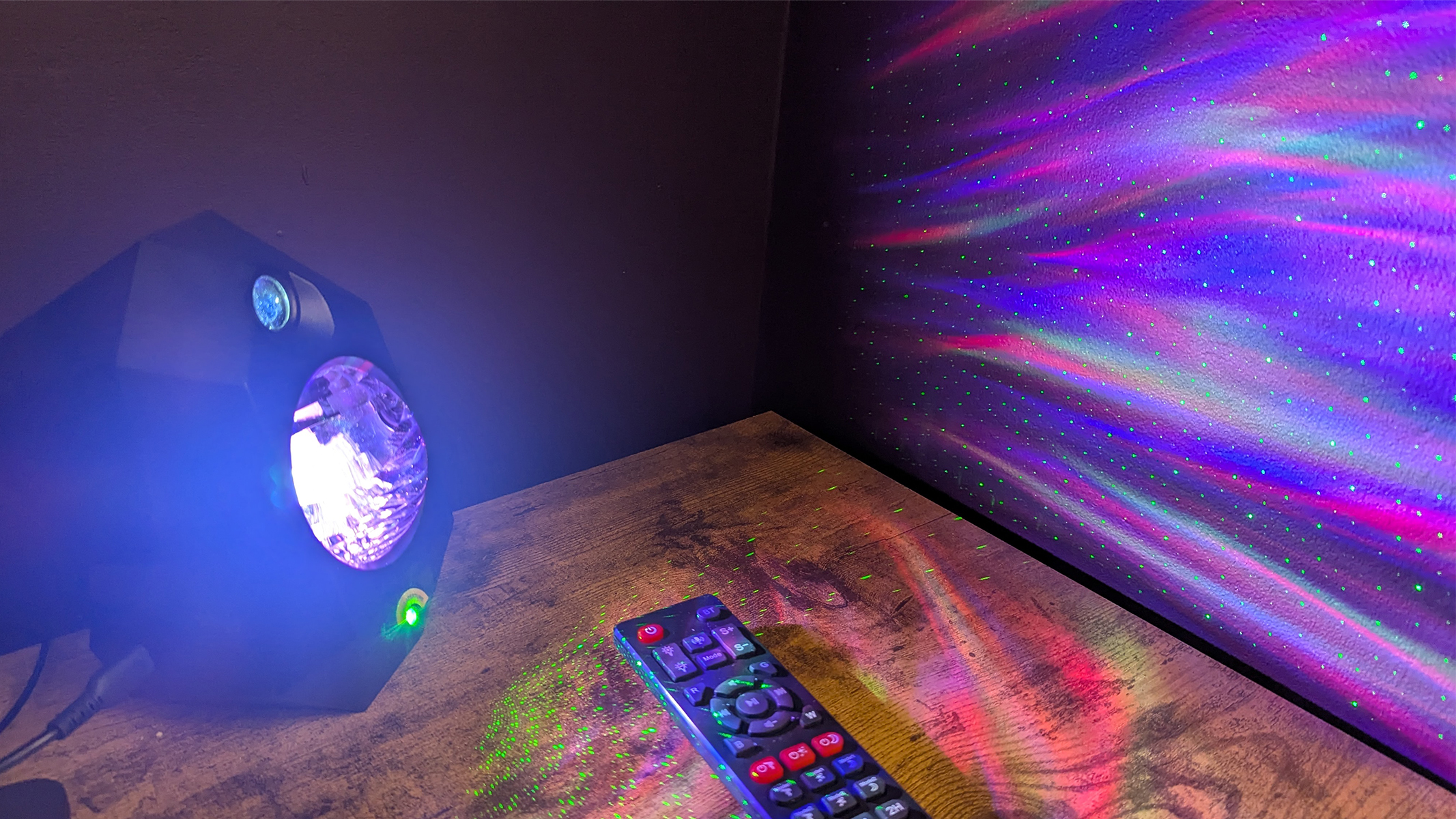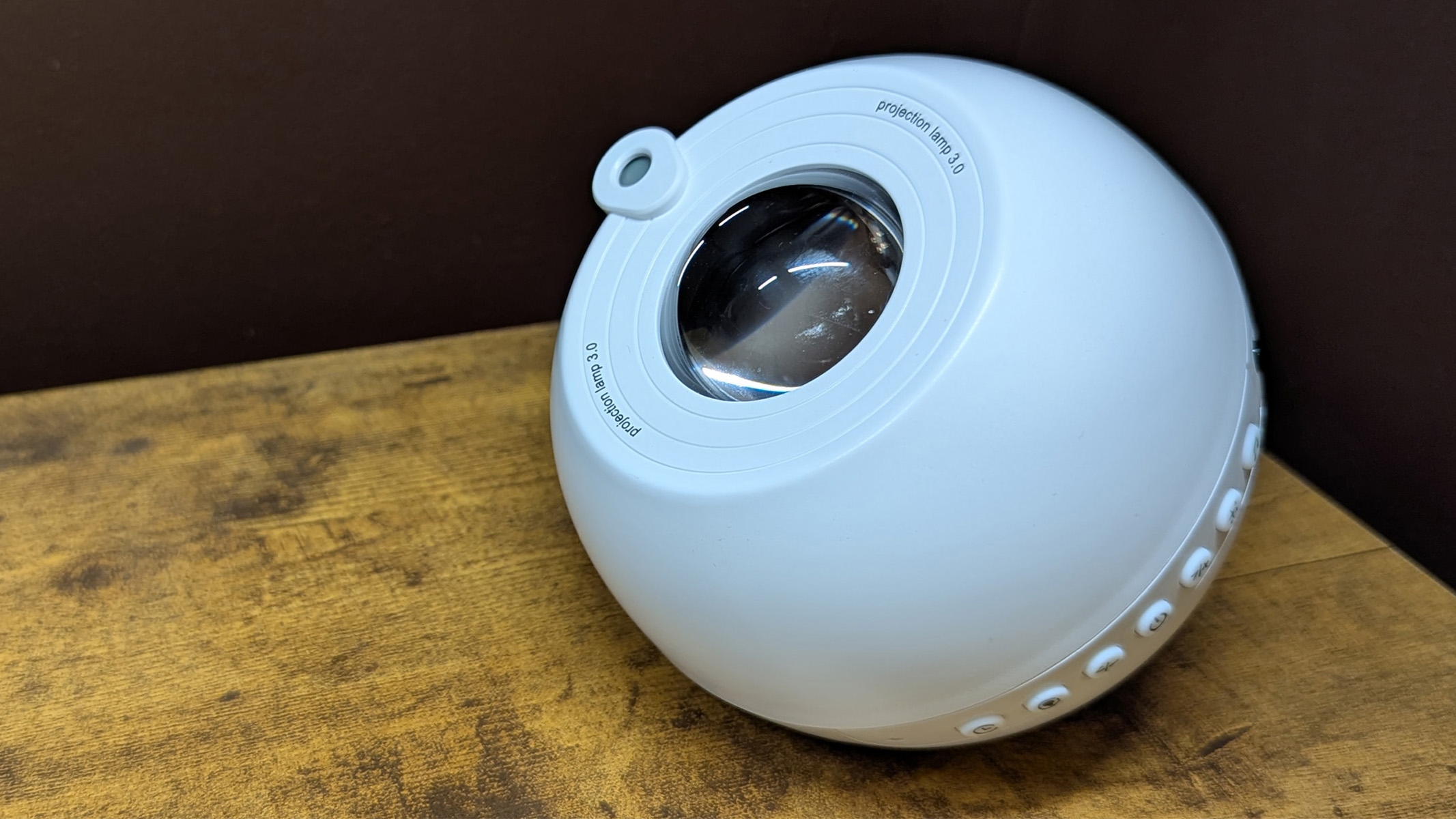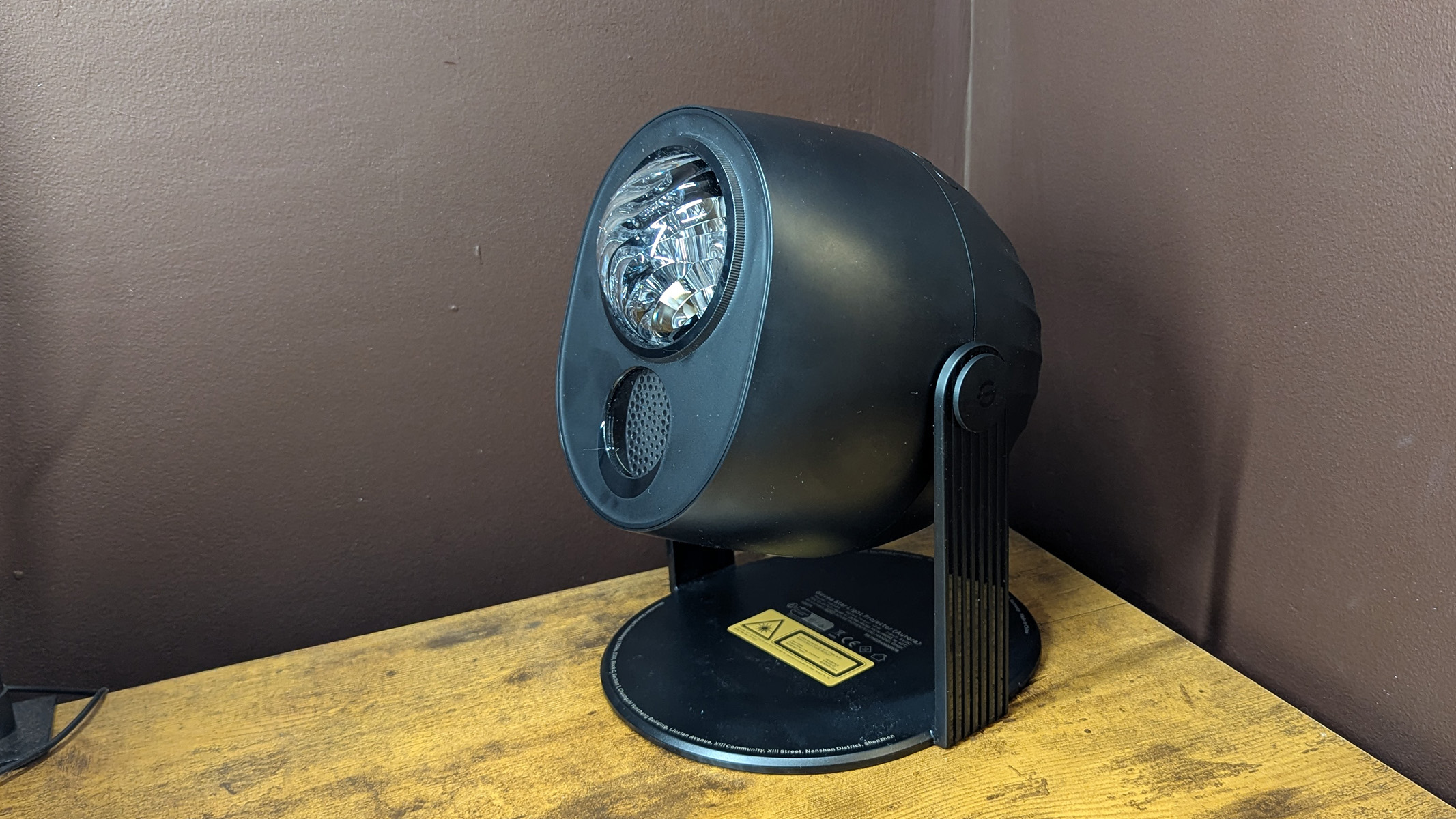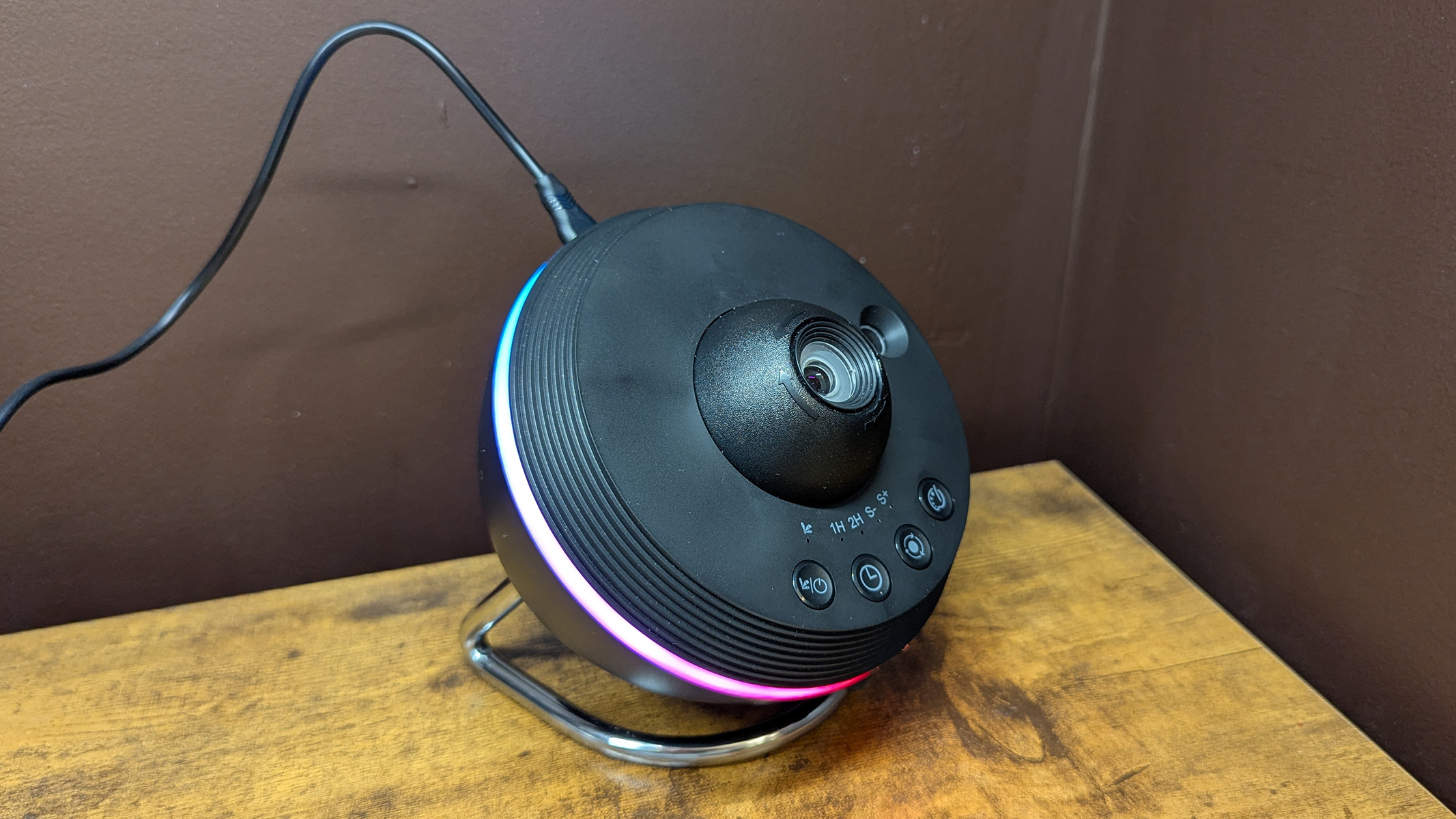Space Verdict
With a generous build volume, stable build, and excellent print quality, the CR-M4 offers ample room for creating substantial models with minimal post-processing required. Larger printers can often struggle with big prints due to instability and shaky frames, but we had no such issues here. Add in the optional camera, WiFi, and the ability to connect multiple printers via one app, and it becomes a serious contender for use in large-scale print farms.
Pros
- +
Precision printing
- +
Easy to build
- +
Auto-levelling
- +
WiFi & Cloud functionality
Cons
- -
Camera not included
Why you can trust Space.com
The Creality CR-M4 is a versatile 3D printer that offers exceptional precision and build quality. It's engineered to handle a range of materials, including ABS, PLA, PETG, and TPU, making it suitable for a wider range of applications than most printers.
With a print bed measuring in at 17.7 x 17.7 x 18.5 inches (450 x 450 x 470 mm), the Creality CR-M4 is one of the largest 3D printers we've ever tested. In fact, it's too big for most users who just want to print average files. However, if you're looking to print truly massive models, such as whole armor pieces for cosplay or huge terrain pieces for wargaming, then it might just be the best 3D printer for you... if you can afford the price tag.
In this review, we'll delve deeper into the CR-M4's features, capabilities, and overall performance to help you determine if it's the one for you.
Creality CR-M4: Setup & design
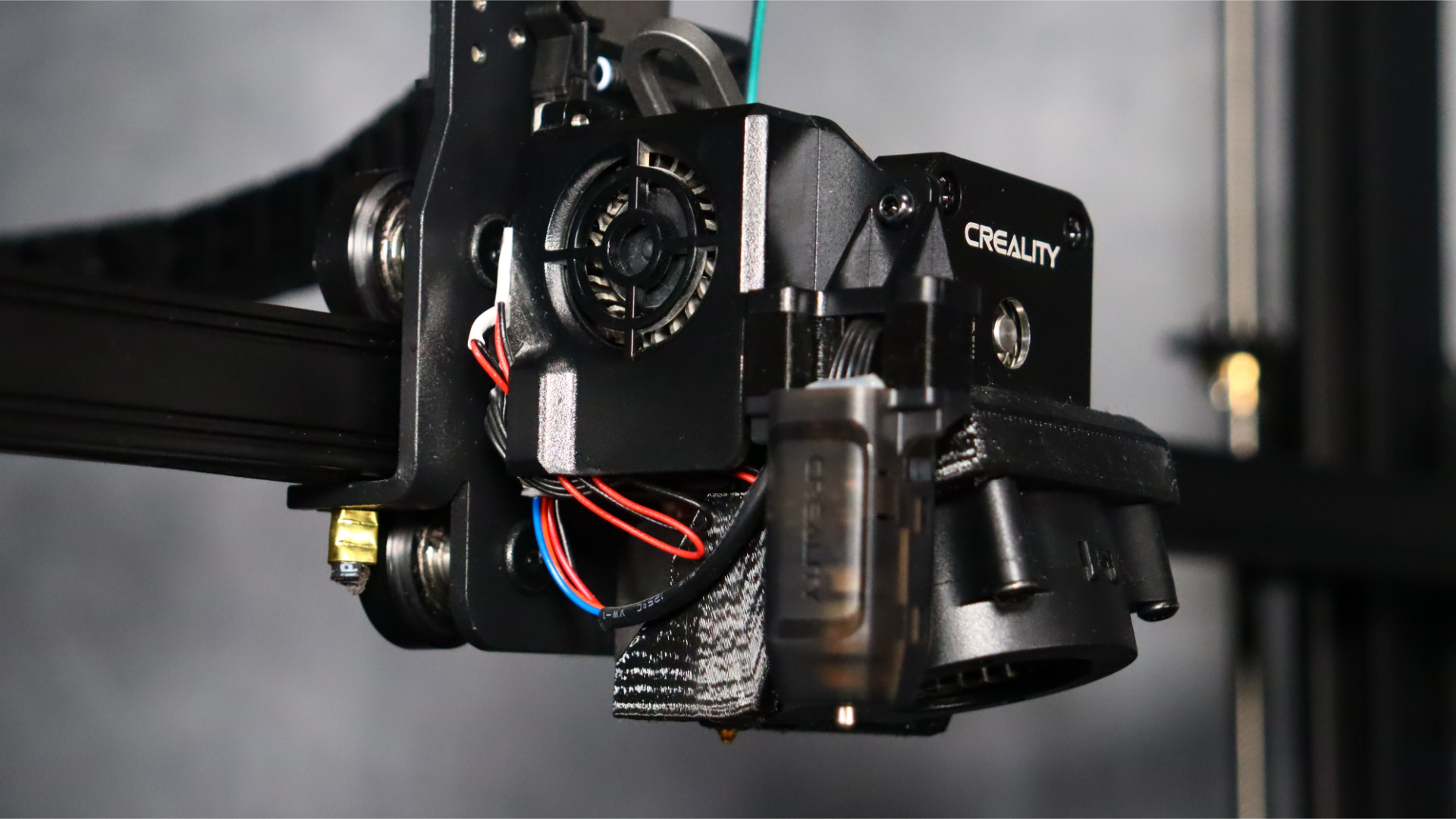
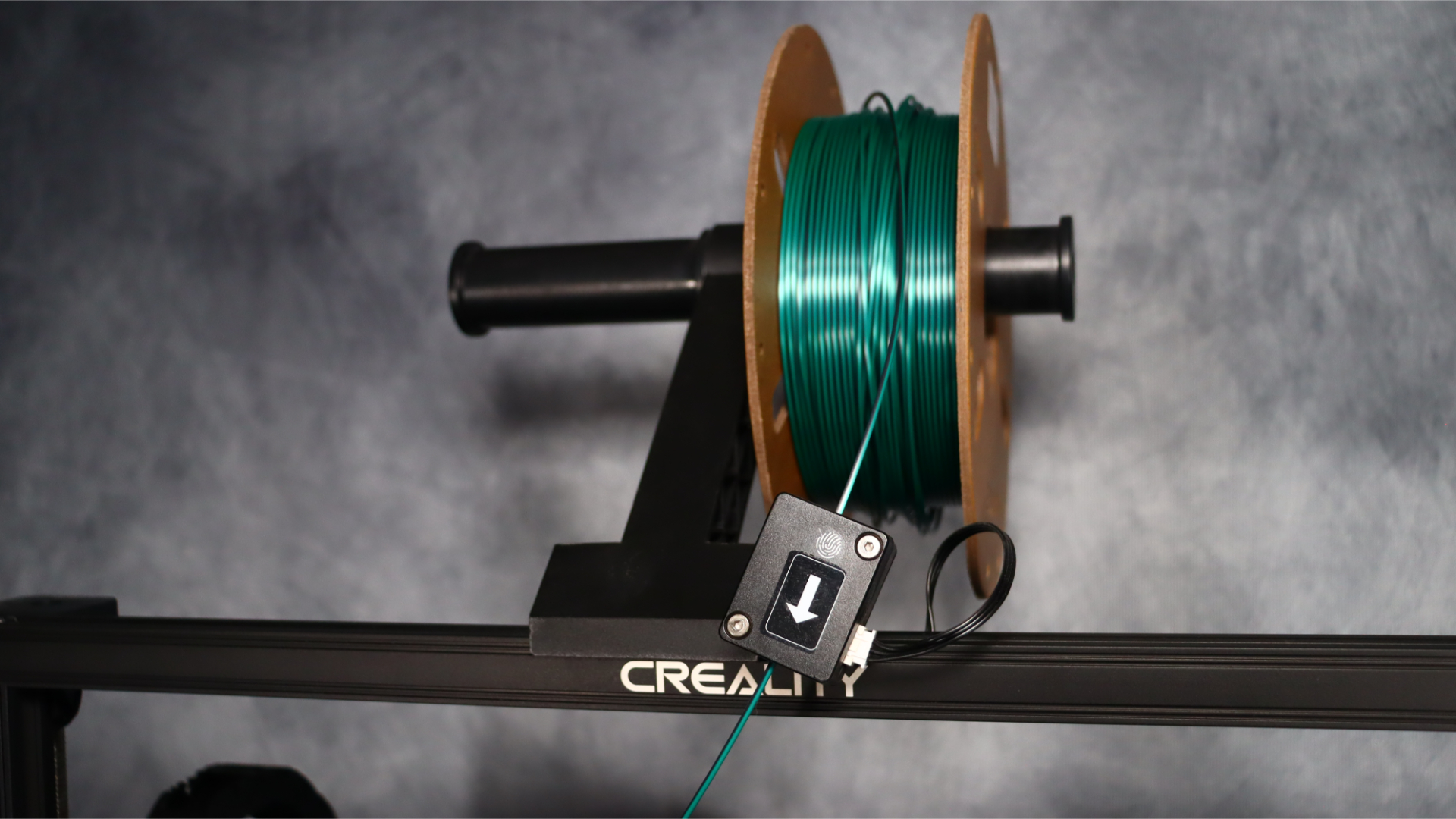
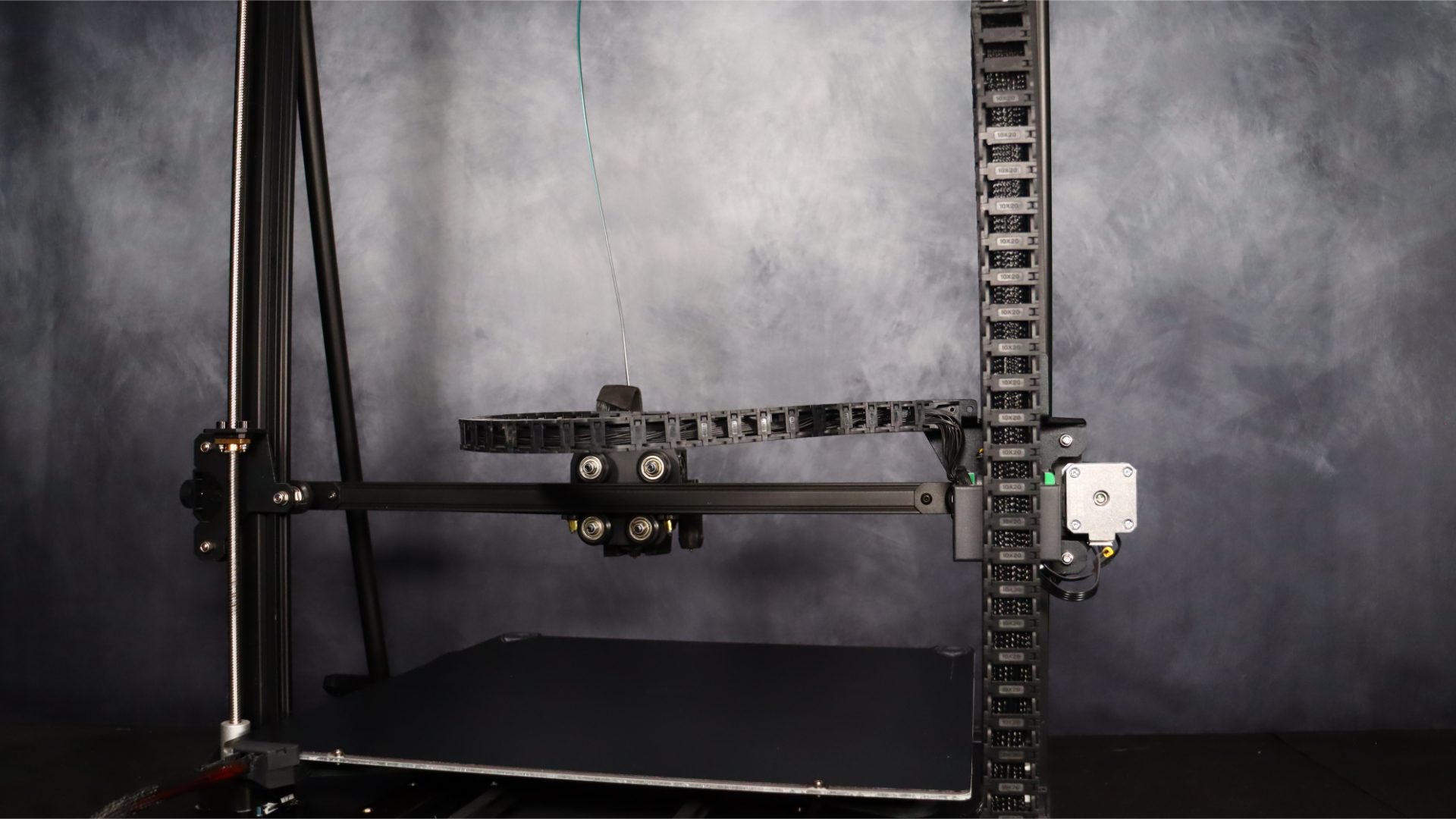
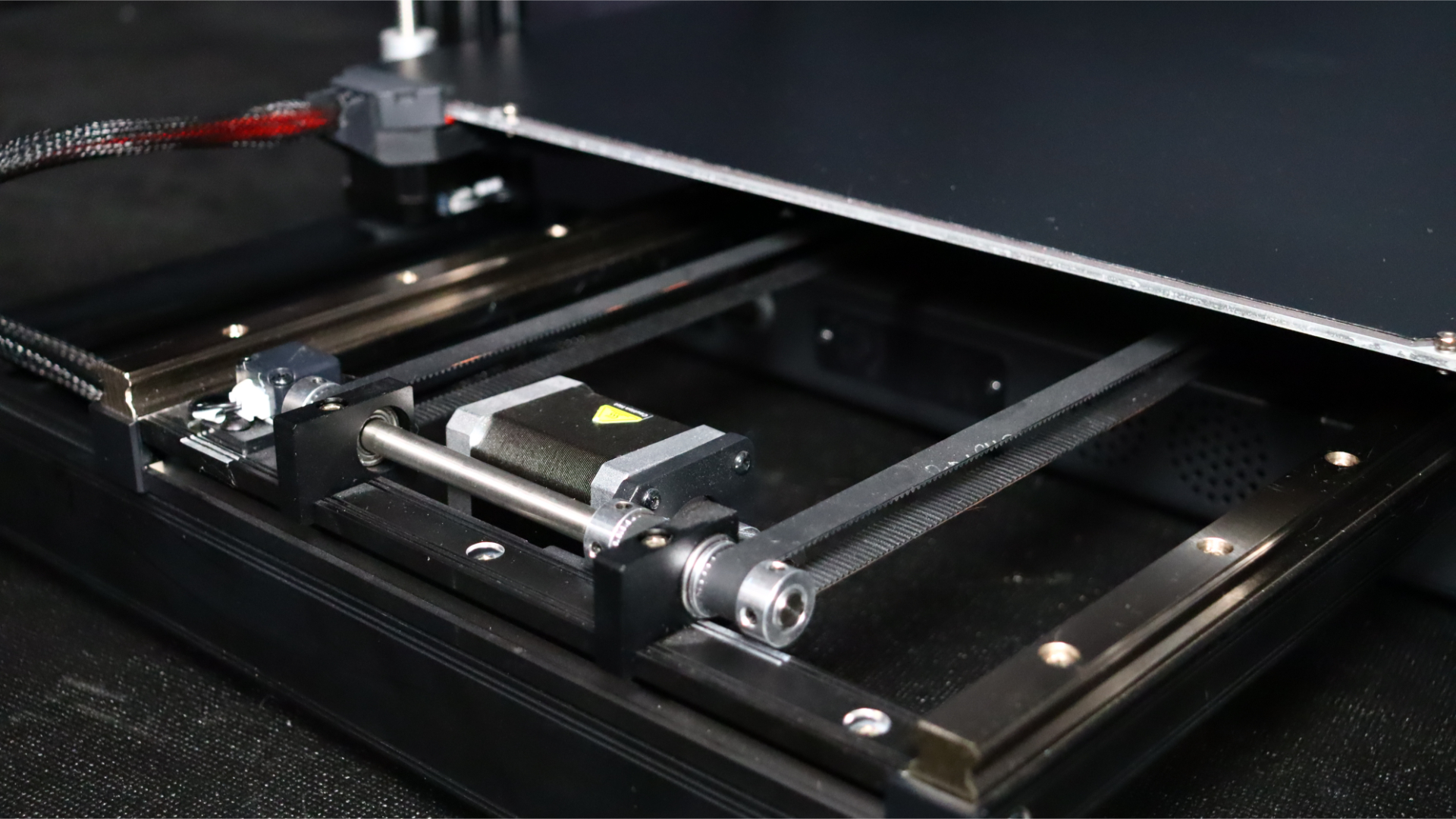
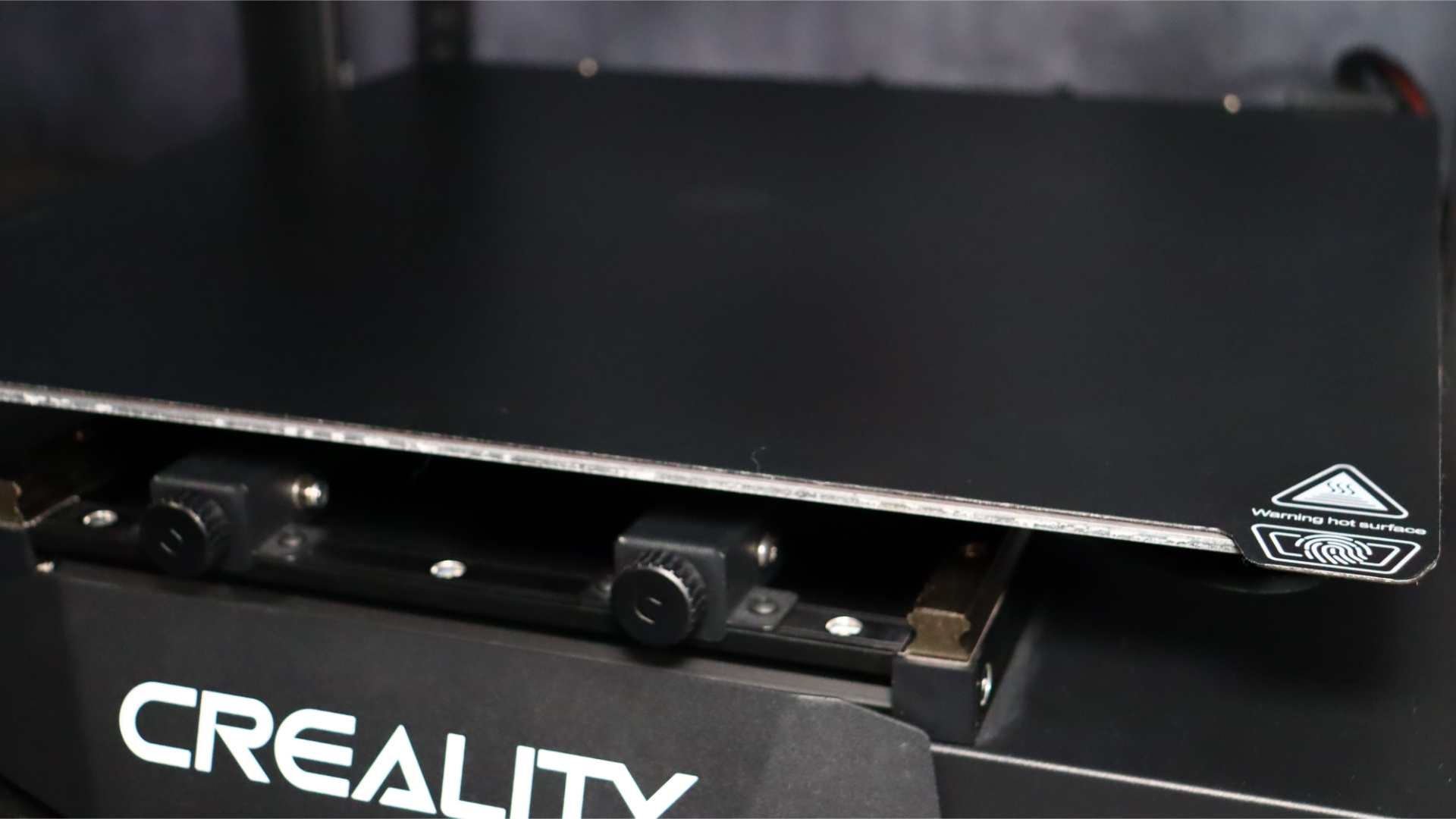
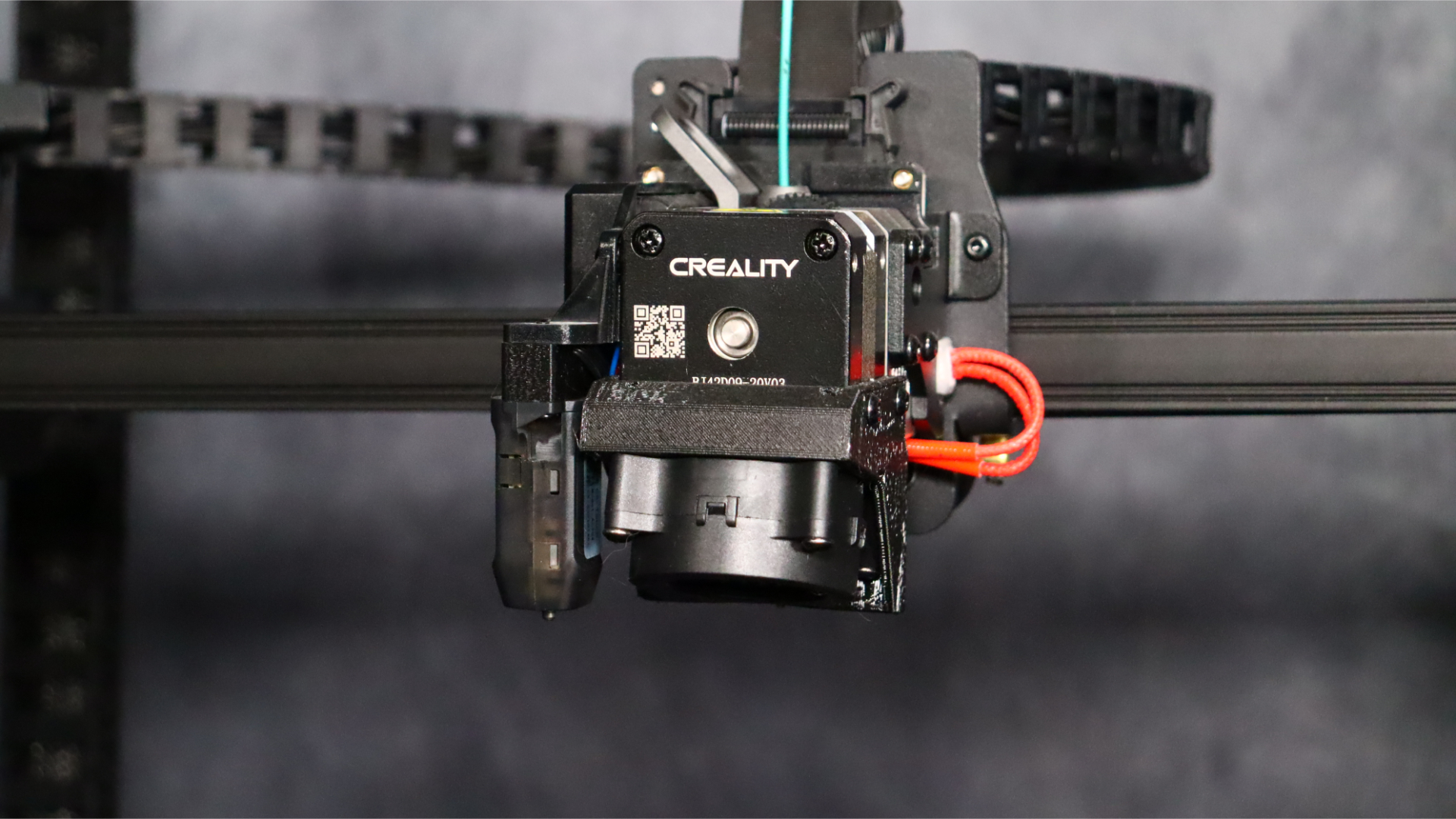
When setting up the Creality CR-M4, there are only a few simple steps to follow. This printer, like many other Cartesian-style printers available today, is relatively easy to assemble. The first step is to attach the upright assembly onto the base. This assembly consists of the vertical supports that will hold the printer's moving parts in place.
Once you have attached the upright assembly, the next step is to attach the upright stabilizing tubes. These tubes are important for ensuring that the printer's moving parts are held securely in place, and that the printer operates smoothly and accurately.
After you have attached the stabilizing tubes, you can move on to attaching the cable chains. These chains contain all the wiring for the printer's motors, as well as the direct drive system. Each cable is clearly labeled, so you can easily tell which wire goes where.
Once you have attached the cable chains, you can attach the touch screen. This 4.3-inch screen is an important component of the printer's user interface and allows you to control the printer's settings and monitor its progress during printing.
Finally, you will need to clip the filament spool holder and filament runout sensor onto the top of the printer. These ensure that the printer can feed filament smoothly and without interruption during printing.
Printer base
Gantry frame assembly
Z-axis cable chain
4.3-inch touchscreen
Touchscreen base
Two stabilizer rods
Filament holder with runout sensor
Sample filament
Side cutters
Spatula
Power cable
Extra nozzle kit
USB drive and MicroSD card
Nozzle cleaning needle
1.2 mm nozzle cleaner
Allen wrenches
Assembly screws
Once you have completed these steps, it is important to check all the belts and wheels to make sure that they are snug and secure. Any loose belts or wheels can cause the printer to operate poorly and result in low-quality prints or even damage to the machine. By making sure that everything is tight and properly aligned, you can help ensure that your printer operates smoothly and produces high-quality prints every time.
Creality has mostly stuck to their standard design for the CR-M4, with one major change: The classic V-slot wheels on the print platform have been replaced with two CNC machined linear rails, which are much more stable and offer smoother motion than the classic wheel design. We’ve been seeing this a lot recently, with the Anycubic Kobra 2 also making the jump to linear rails. Additionally, the single spool holder has been modified to allow for the mounting of two spools, making swapping them out quick and easy.
The CR-M4 also features a PC-coated spring steel removable platform that provides excellent adhesion, but still allows for easy removal of prints once the bed has cooled. The 4.3-inch touch screen follows Creality's classic design, with a clear and simple menu system that makes it easy to tune, load, and monitor print progress.
Creality CR-M4: Specs & features
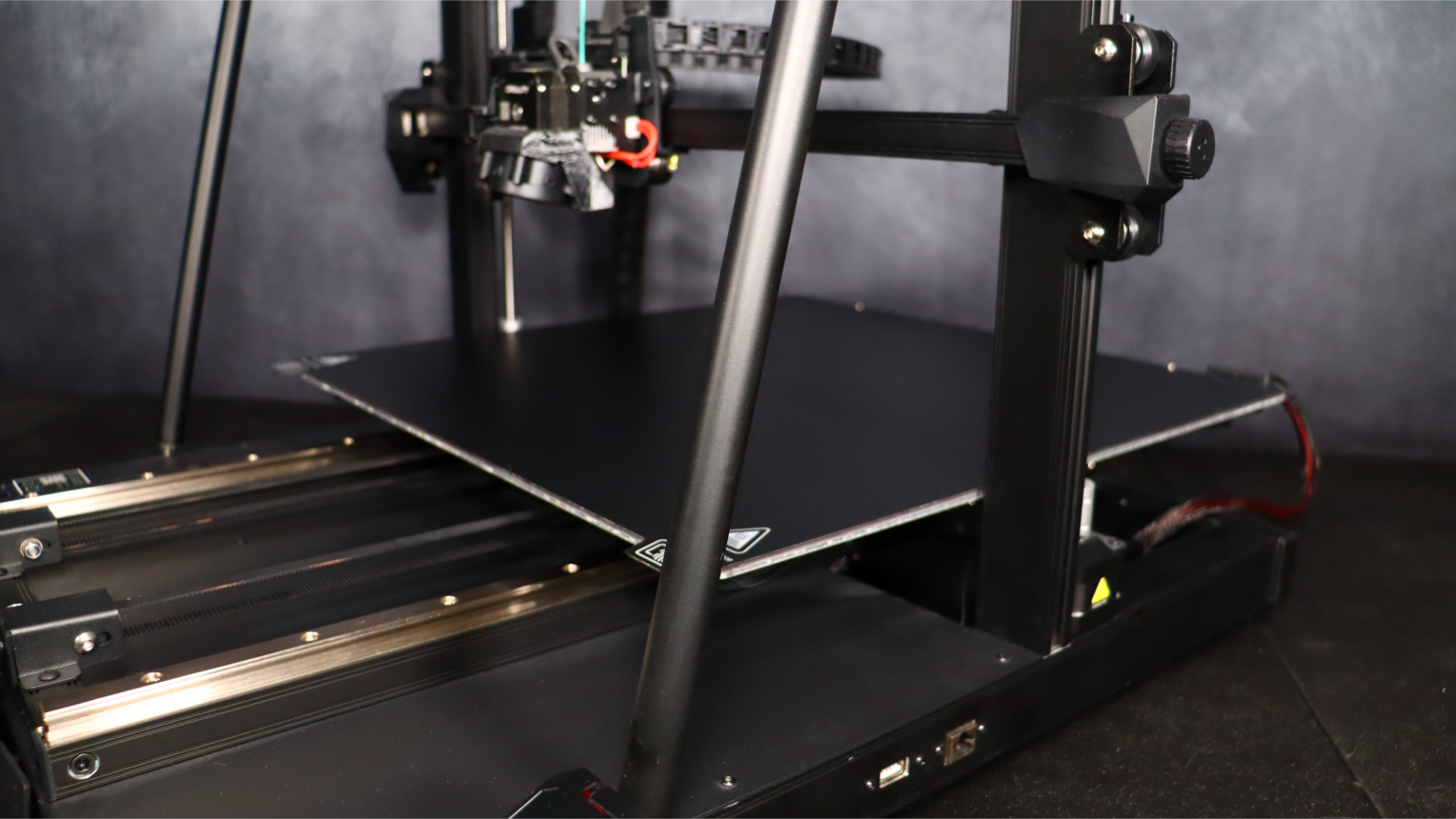
The CR-M4 has a large build volume of 450 x 450 x 470 mm, which means you can print larger objects or multiple items in a single print run. It’s also equipped with a magnetic removable PC spring steel bed, which ensures that your prints adhere to the build plate and reduces the risk of the part coming off mid print.
Printing technology: FDM
Build volume: 17.7 x 17.7 x 18.5 inches / 450 x 450 x 470 mm
Printing speed: ≤120 mm/s
Printing accuracy: ±0.1 mm
Layer height: 0.05-0.35 mm
Extruder type: "Sprite" dual-gear direct drive extruder
Nozzle diameter: Standard 0.4 mm (compatible with 0.6/0.8 mm)
Max nozzle temperature: ≤300°C
Max bed temperature: ≤100℃
Build surface: PC spring steel sheet
Auto leveling?: Yes, CR Touch auto-leveling
Connectivity: USB drive, WiFi, USB-C cable, RJ45 cable
Display: 4.3-inch color touch screen
Product dimensions: 25.8 x 27.6 x 34.1 inches / 655 x 700 x 865 mm
Weight: 22.48 kg
The CR-M4 3D printer utilizes a unique design that features two Z-axis and support rods that work together to create a sturdy triangular formation. This formation provides a stable top frame that is essential for precise and accurate movements during the printing process. The printer's dual Z-axis system(equipped with independent motors) ensures that both the gantry and Z-axis remain level and free from sagging, which can compromise the quality of the final printed product.
Thanks to these changes it delivers exceptional printing performance, resulting in visually appealing and high-quality models. The precise and accurate movements of the printer's dual Z-axis system, coupled with its stable top frame, make it possible to produce intricate details and smooth surfaces that are almost entirely free from imperfections.
Another standout feature of the CR-M4 is its user-friendly interface, which makes it easy to set up, navigate, and customize your prints. Whether you're a professional looking for a reliable 3D printer for your business or an enthusiast looking to take your 3D printing to the next level, the Creality CR-M4 is an excellent choice.
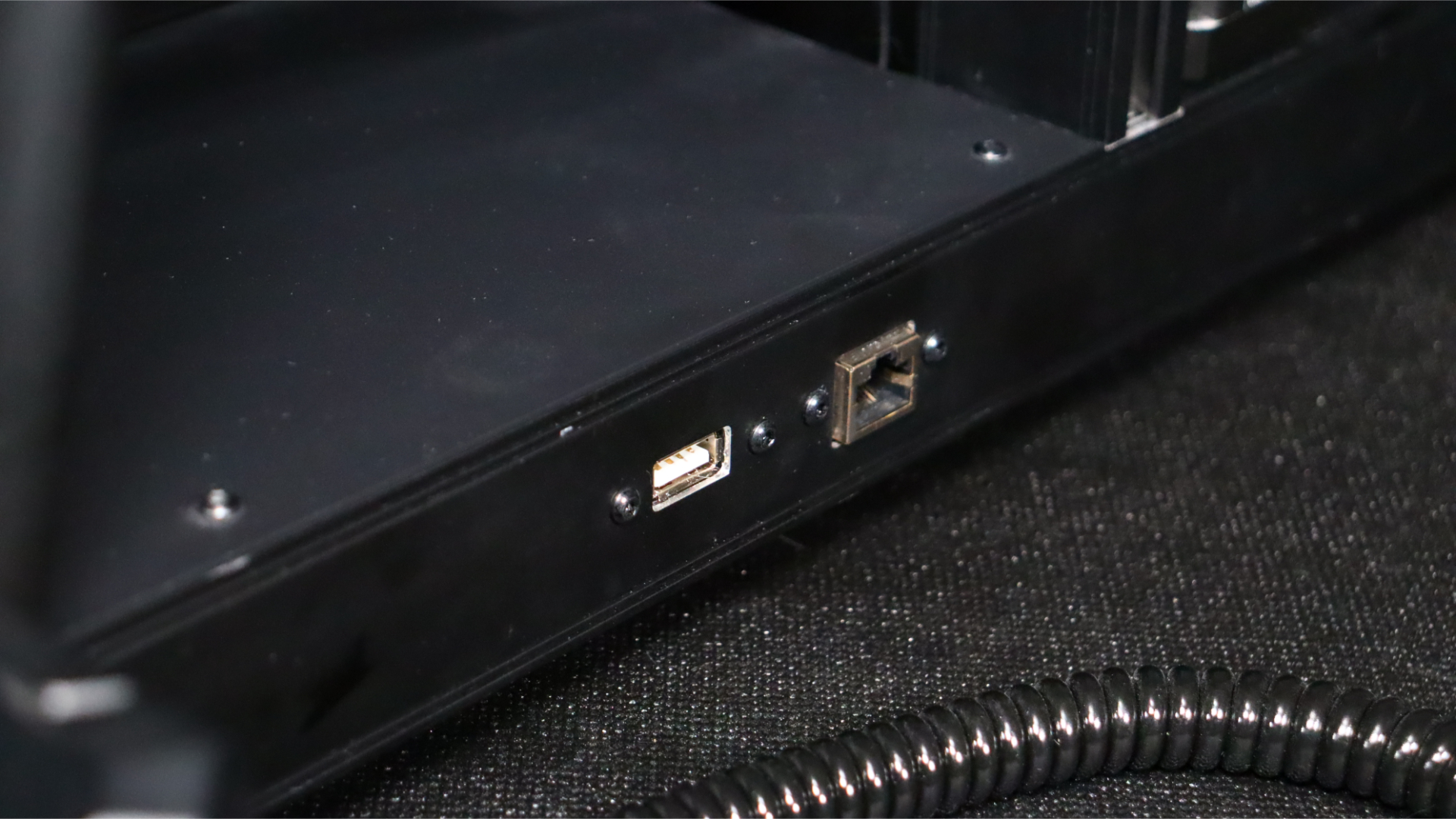
In terms of connectivity, the CR-M4 offers both WiFi connectivity and a LAN port. This allows users to monitor, slice, and load prints using the Creality Cloud app or site. You can also transfer files to it via USB drive. Additionally, an optional camera is available to make monitoring prints even easier. This camera can be simply plugged into the USB port on the side of the printer by the LAN port.
Overall, the CR-M4 offers some significant improvements over previous models, particularly in terms of stability and motion. The addition of a removable print platform and dual spool holder also makes it more user-friendly and versatile. Plus, with the ability to monitor and control prints remotely, as well as an optional camera, we think the CR-M4 is a great choice for both beginners and experienced users alike.
Creality CR-M4: Print quality & speed
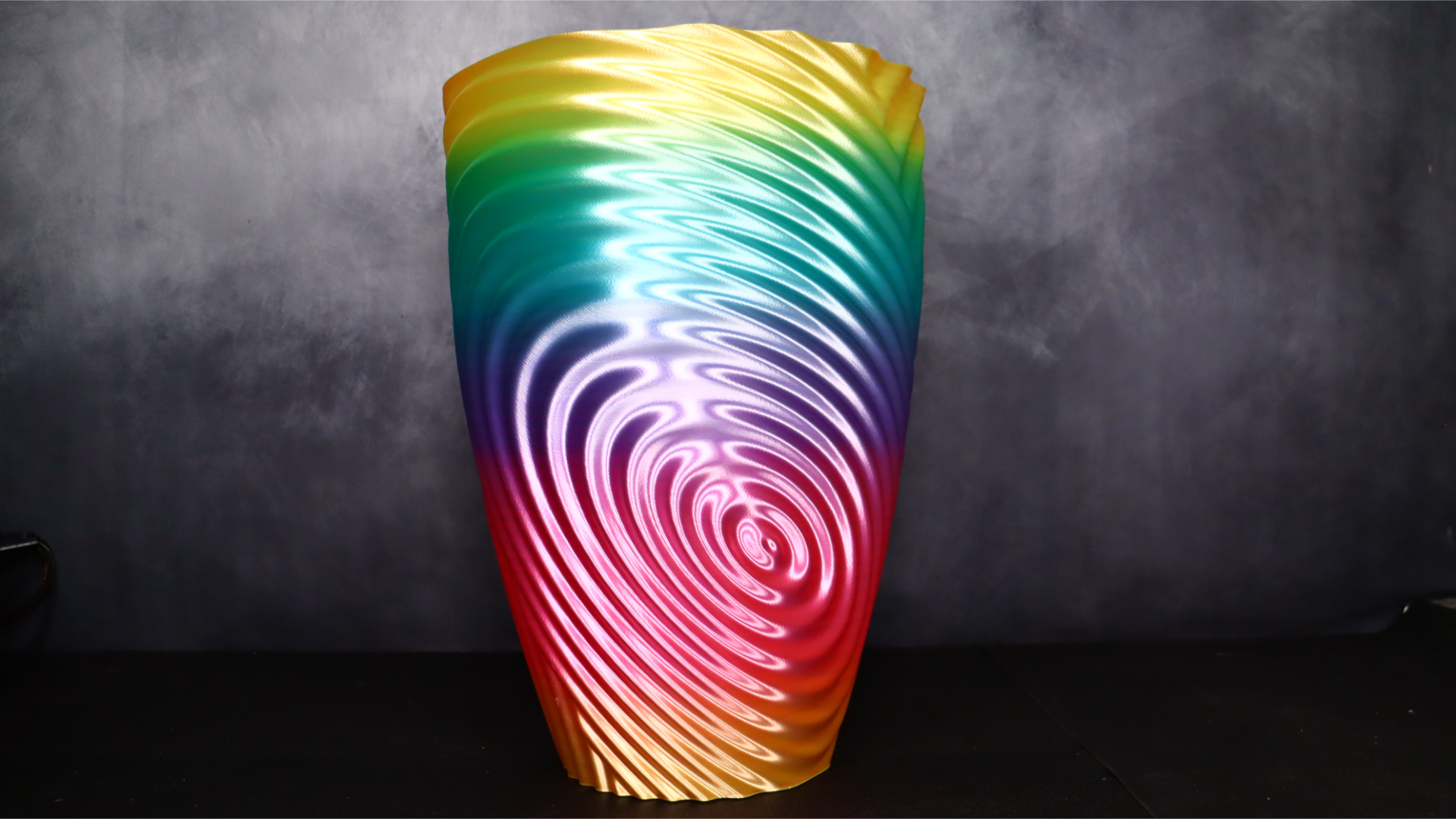
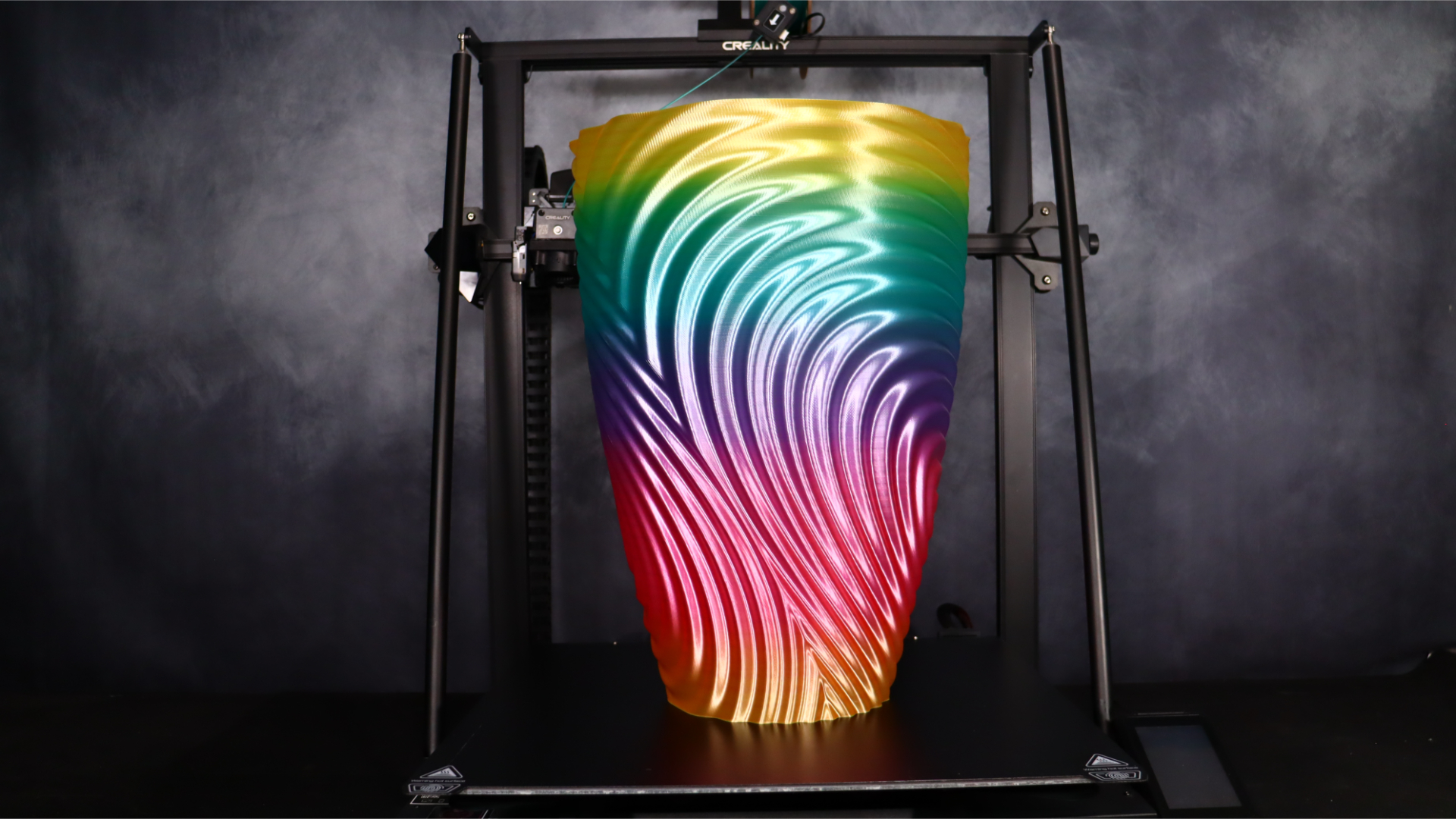
For our first print on the Creality CR-M4, we decided to print a simple vase, but at 350% of the normal size. The vase used nearly all of the printer's height, measuring 17.5-inches tall. We used Giantarm Silk Rainbow PLA for the print, which took approximately 12 hours in vase mode at a 0.2 mm layer height. The purpose of this print was to test the printer's large print volume, which measures at a massive 450 x 450 x 470 mm.
Due to the size of the print, the vase ended up looking more like a large bucket than a traditional vase. However, this simple print allowed us to see just how large the CR-M4's print volume really is. The Giantarm Silk Rainbow PLA we used for the print is a high-quality filament that produced a smooth, glossy finish on the vase, even at this large scale. Overall, the CR-M4 handled the print well and produced a high-quality result.
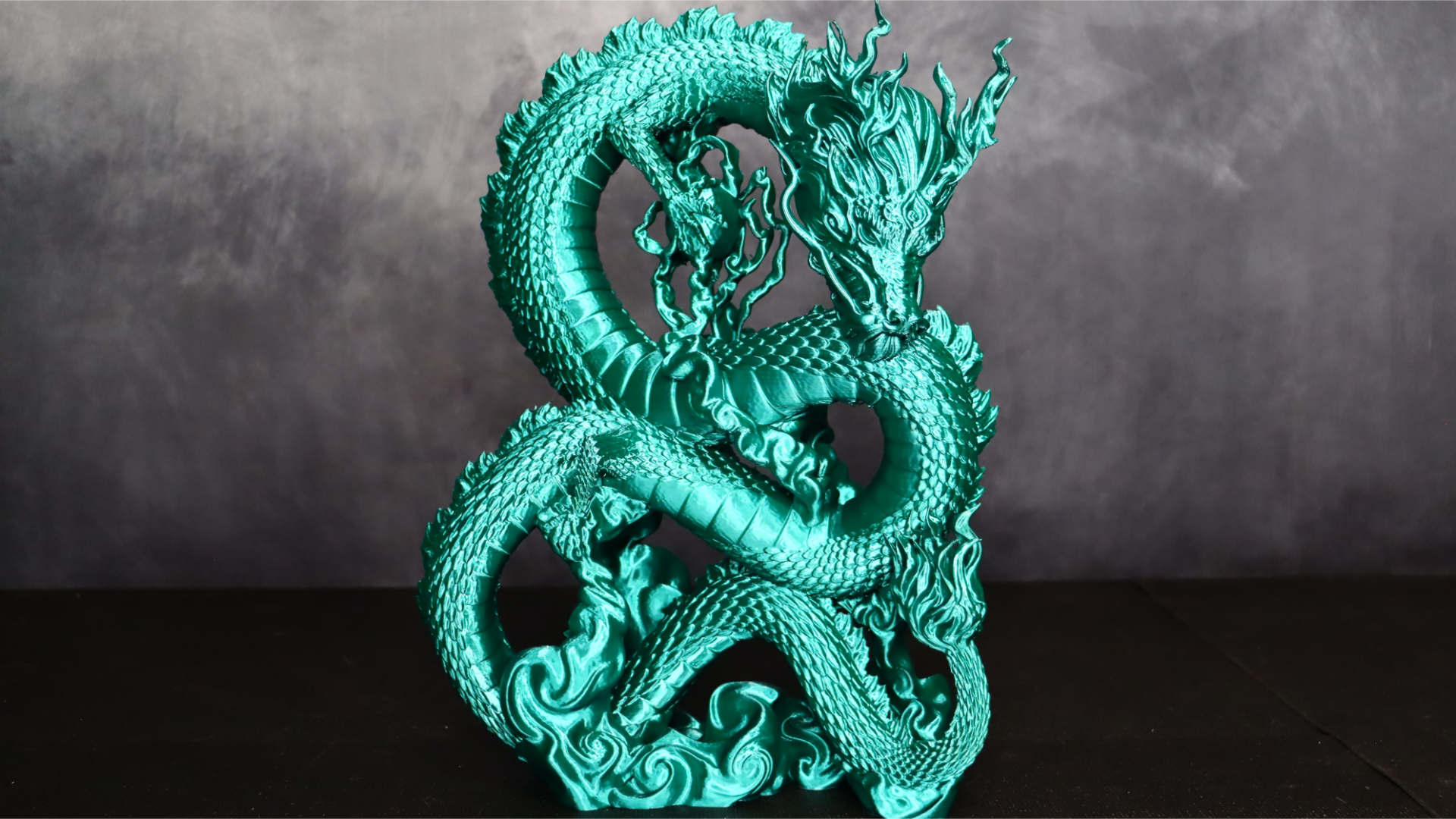
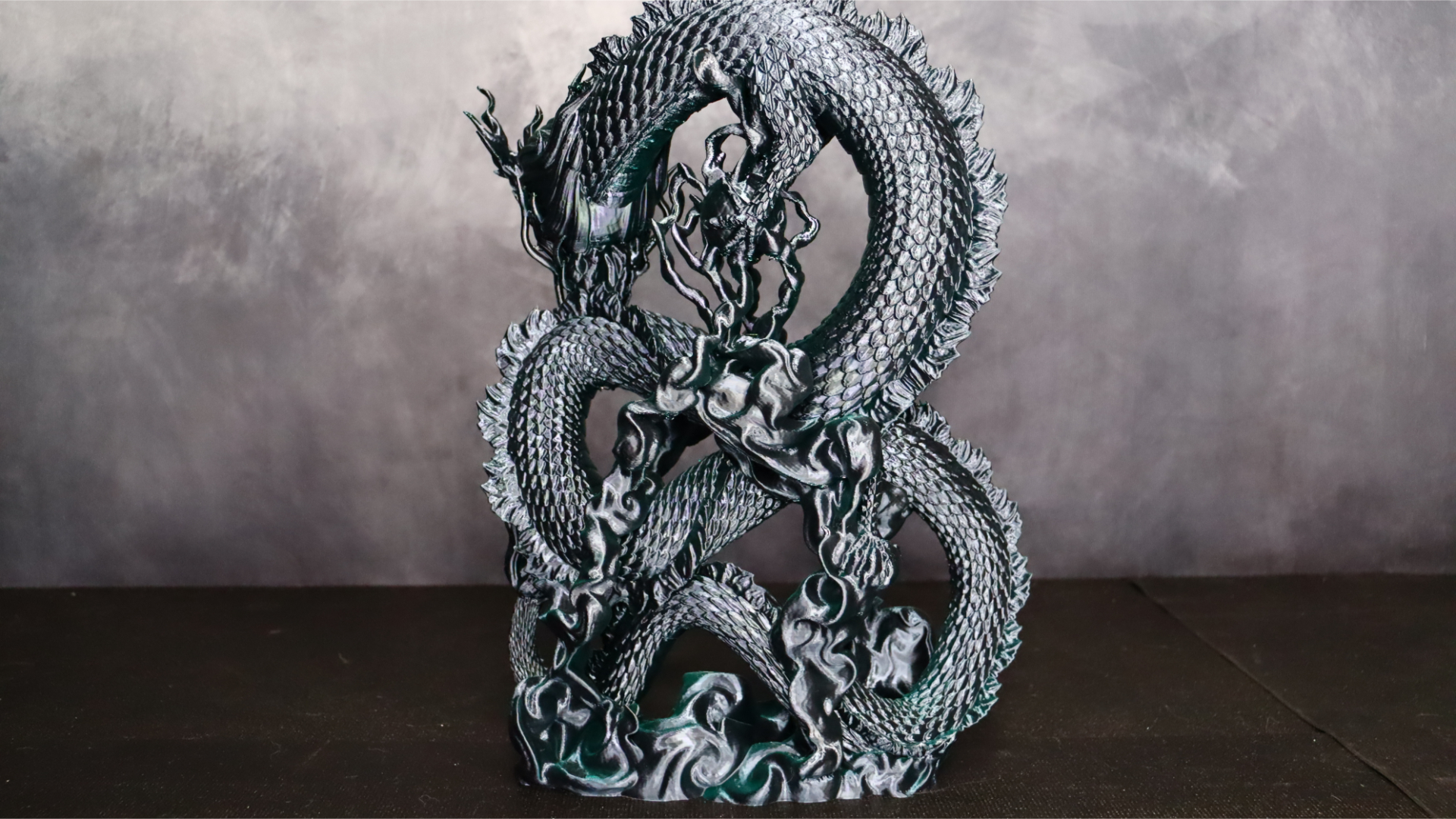
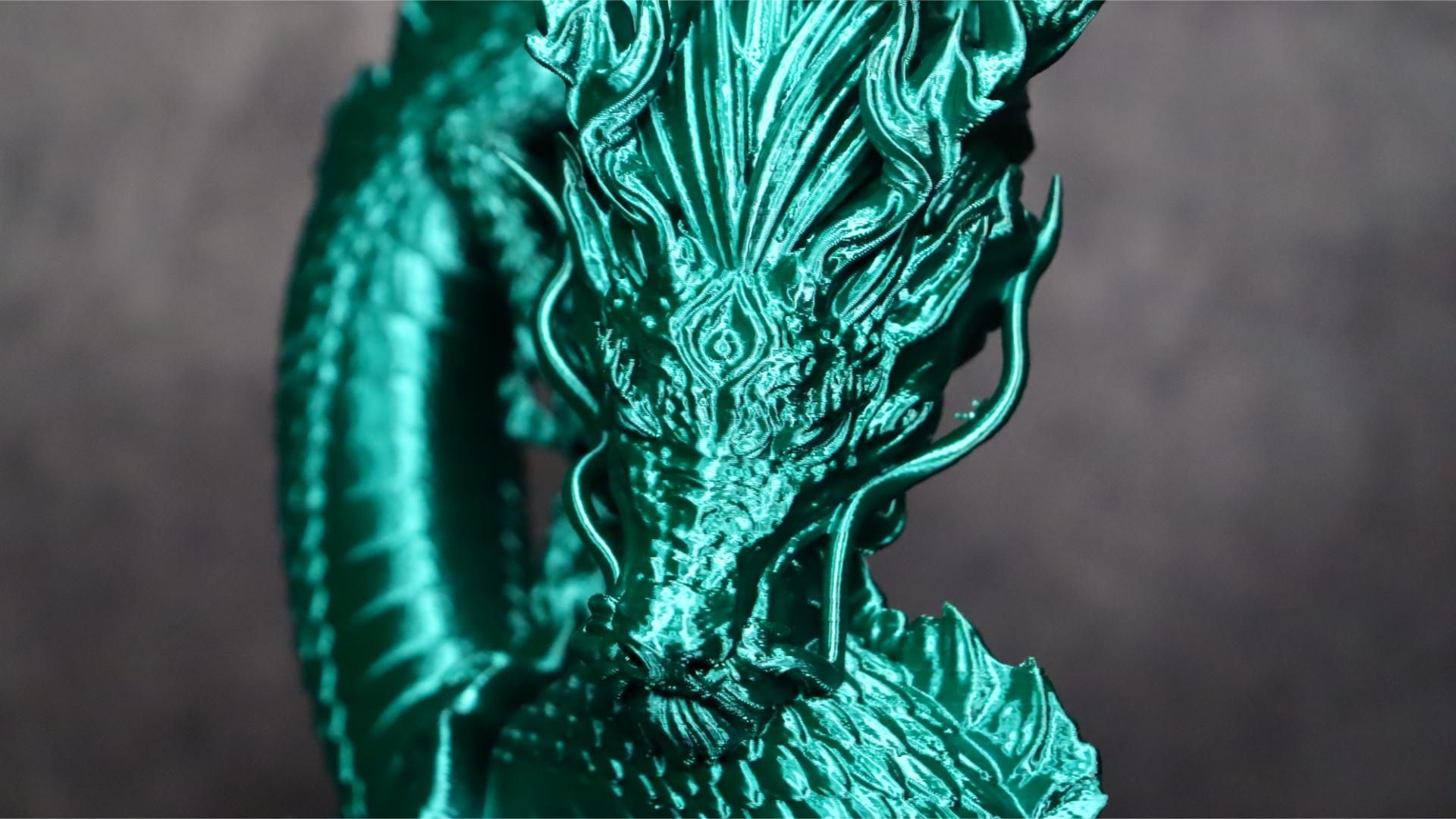
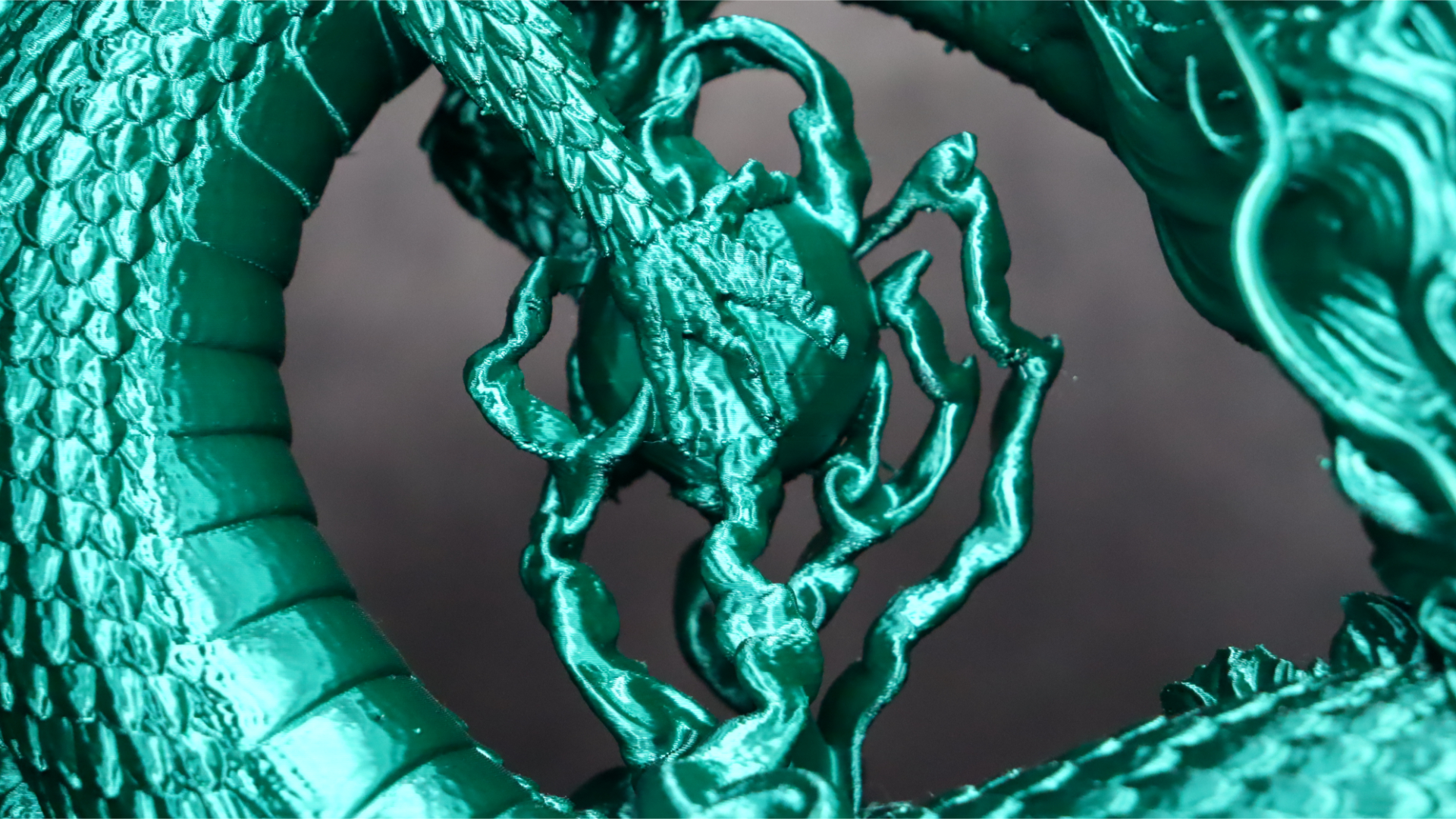
For our second print, we decided to print an amazing Azure Cloud Wyrm designed by Jukka Seppänen from his MyMiniFactory store. We scaled the model up to 200% and used Eryone Silk Dual color Green and Black PLA. With a layer height of 0.2 mm and 5% gyroid infill, the print took 59 hours to complete.
The results were simply amazing. The dual color PLA printed perfectly, with the front half of the print in a bright green and the back side in a nice silk black color. The overall effect is stunning, making for a truly impressive print. The Eryone Silk Dual color PLA is a high-quality filament that provided a smooth finish on the print and allowed for great color separation between the green and black sections.
Despite the print taking a significant amount of time, the CR-M4 handled it with ease and produced a high-quality result. The combination of the dual color PLA and the intricate design of the Azure Cloud Wyrm made for a truly eye-catching print. The designer, Jukka Seppänen, did a fantastic job creating this model and the CR-M4 did a great job bringing it to life.
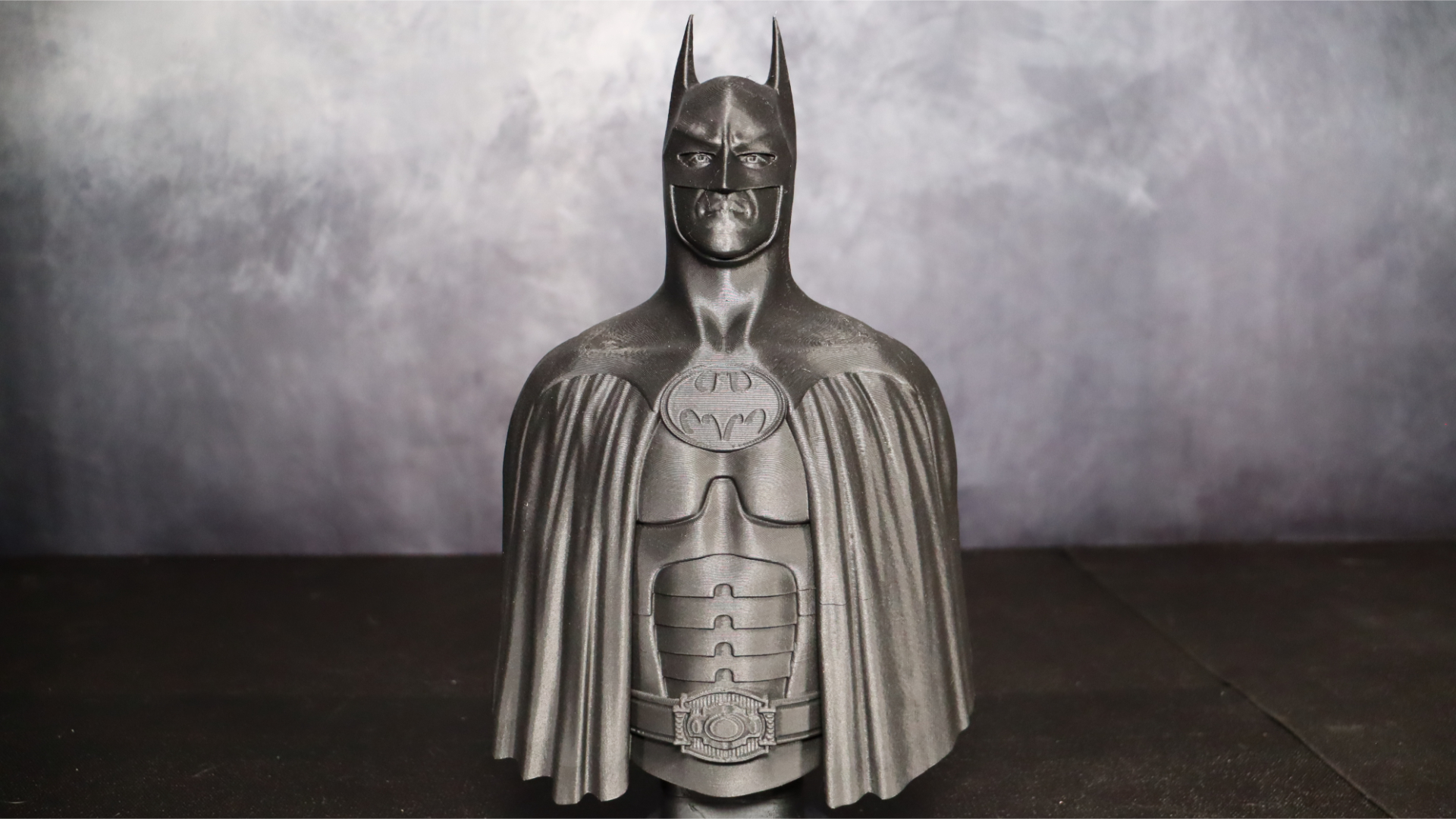
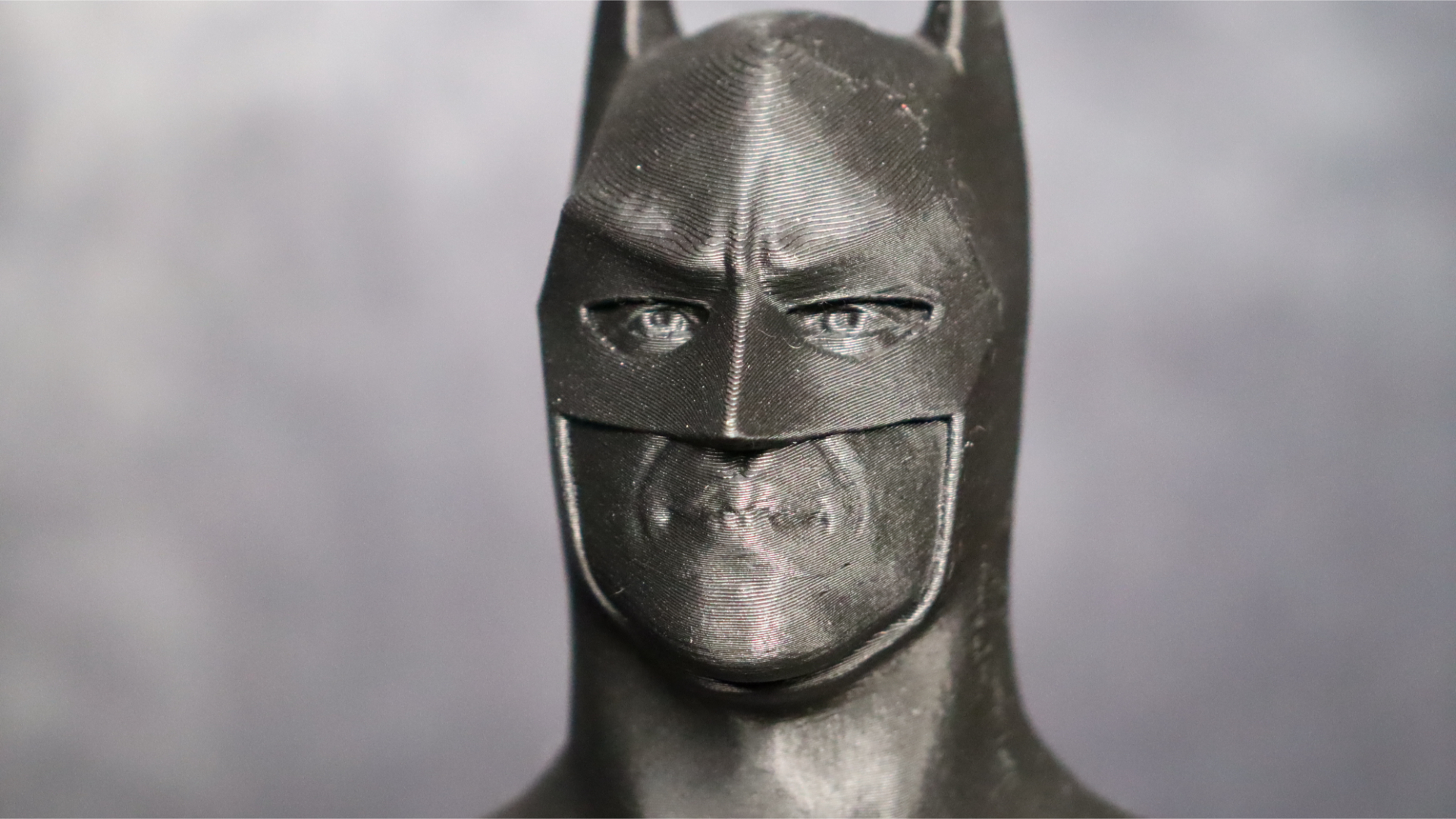
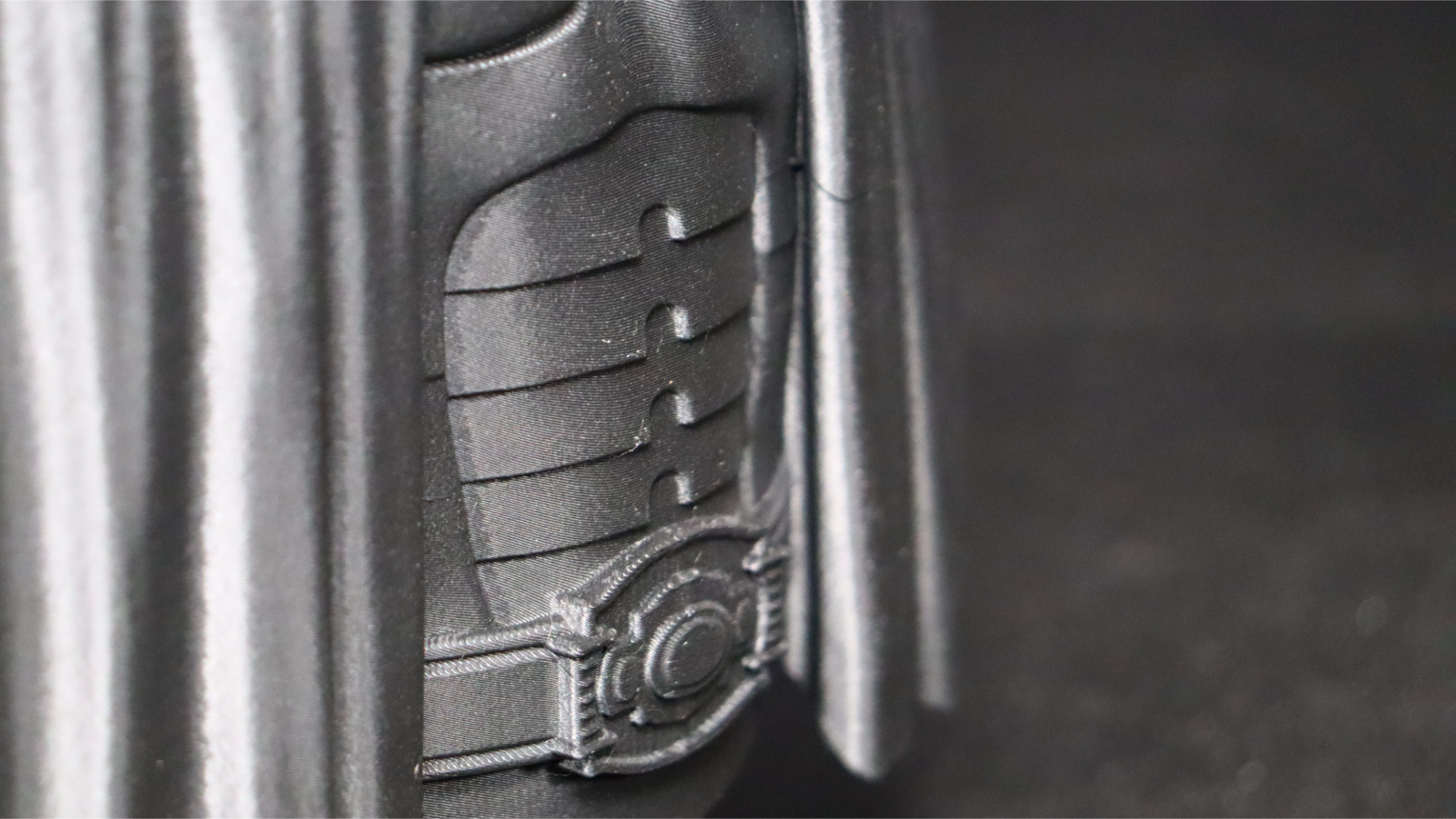
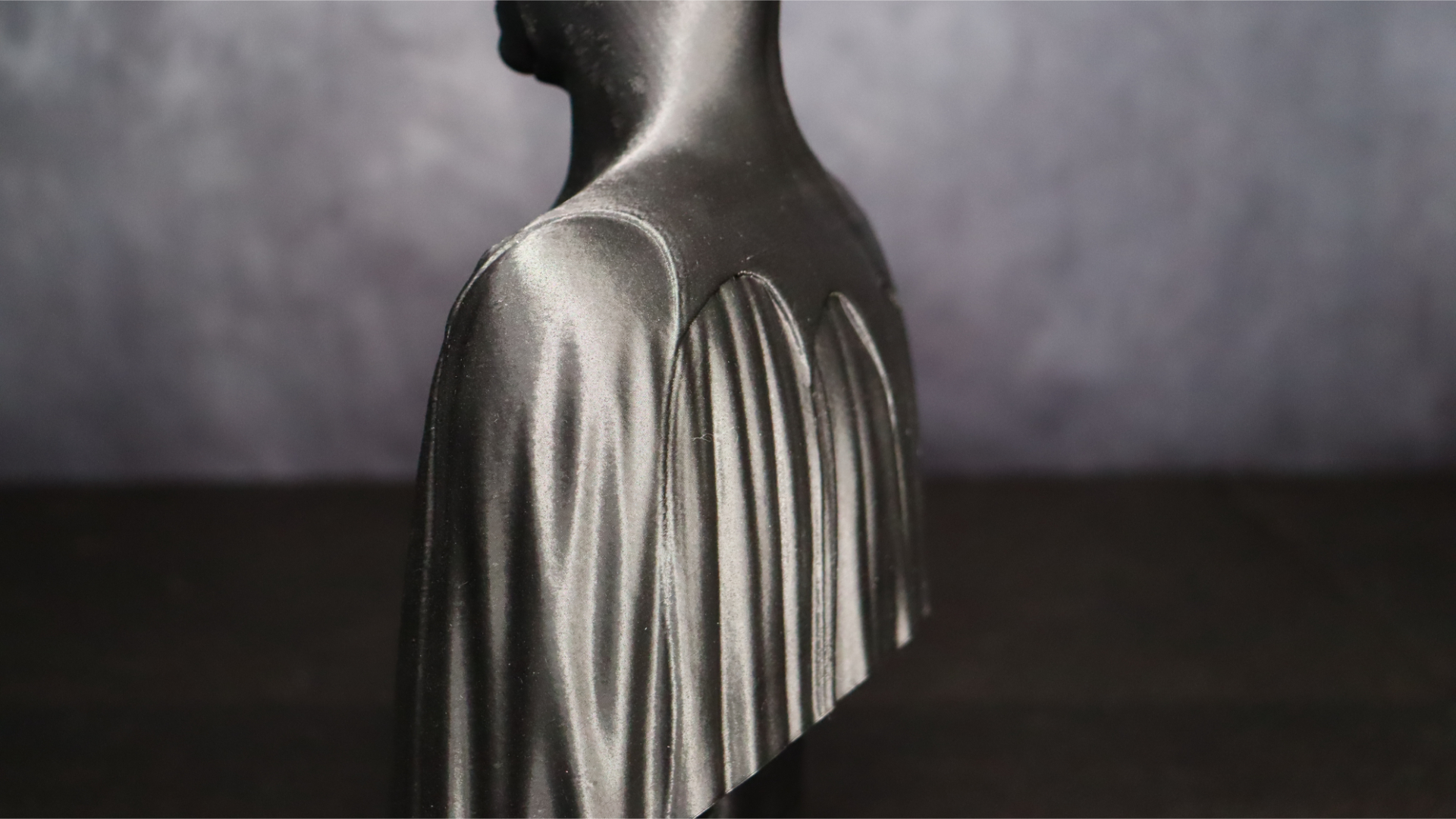
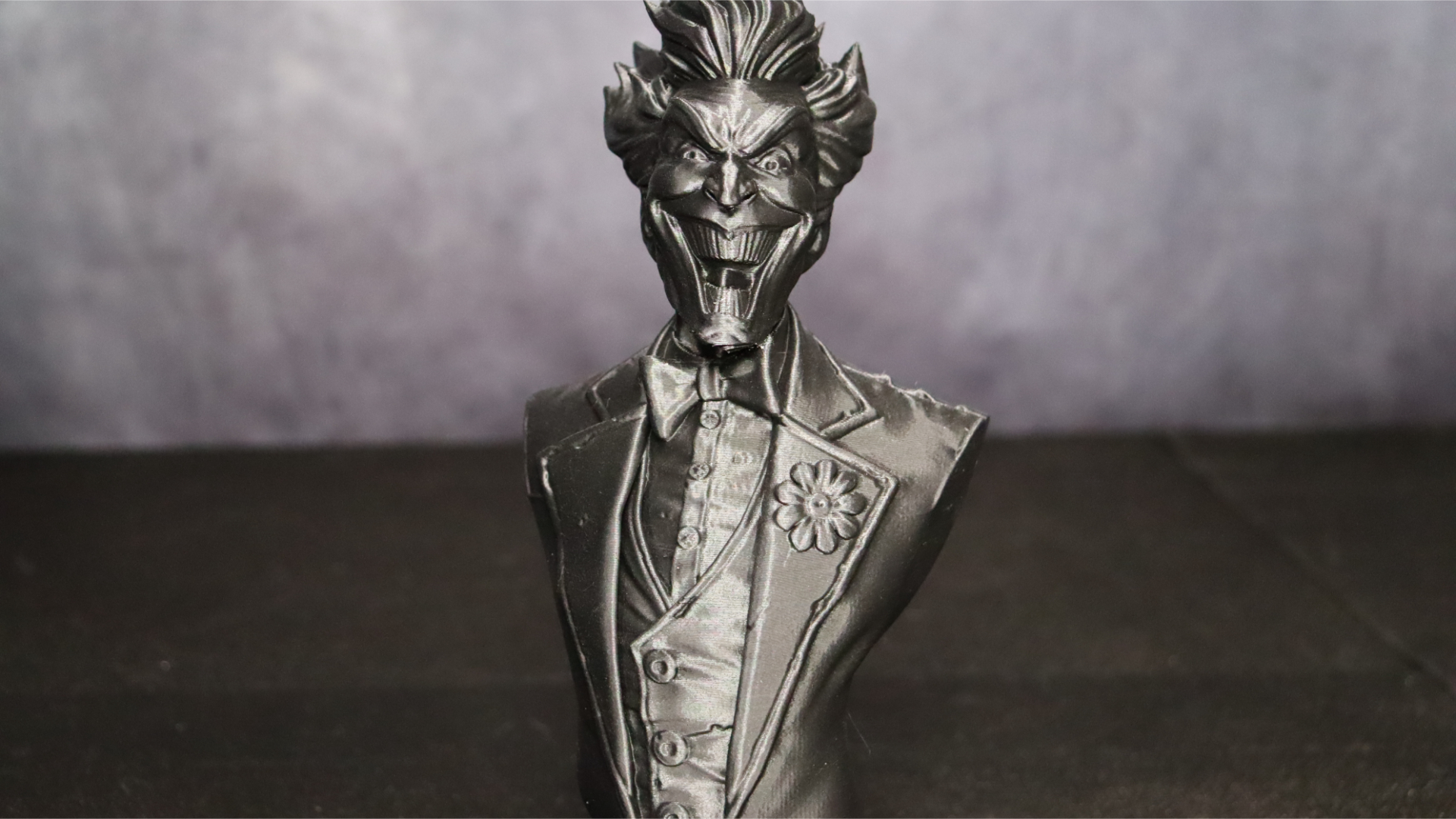
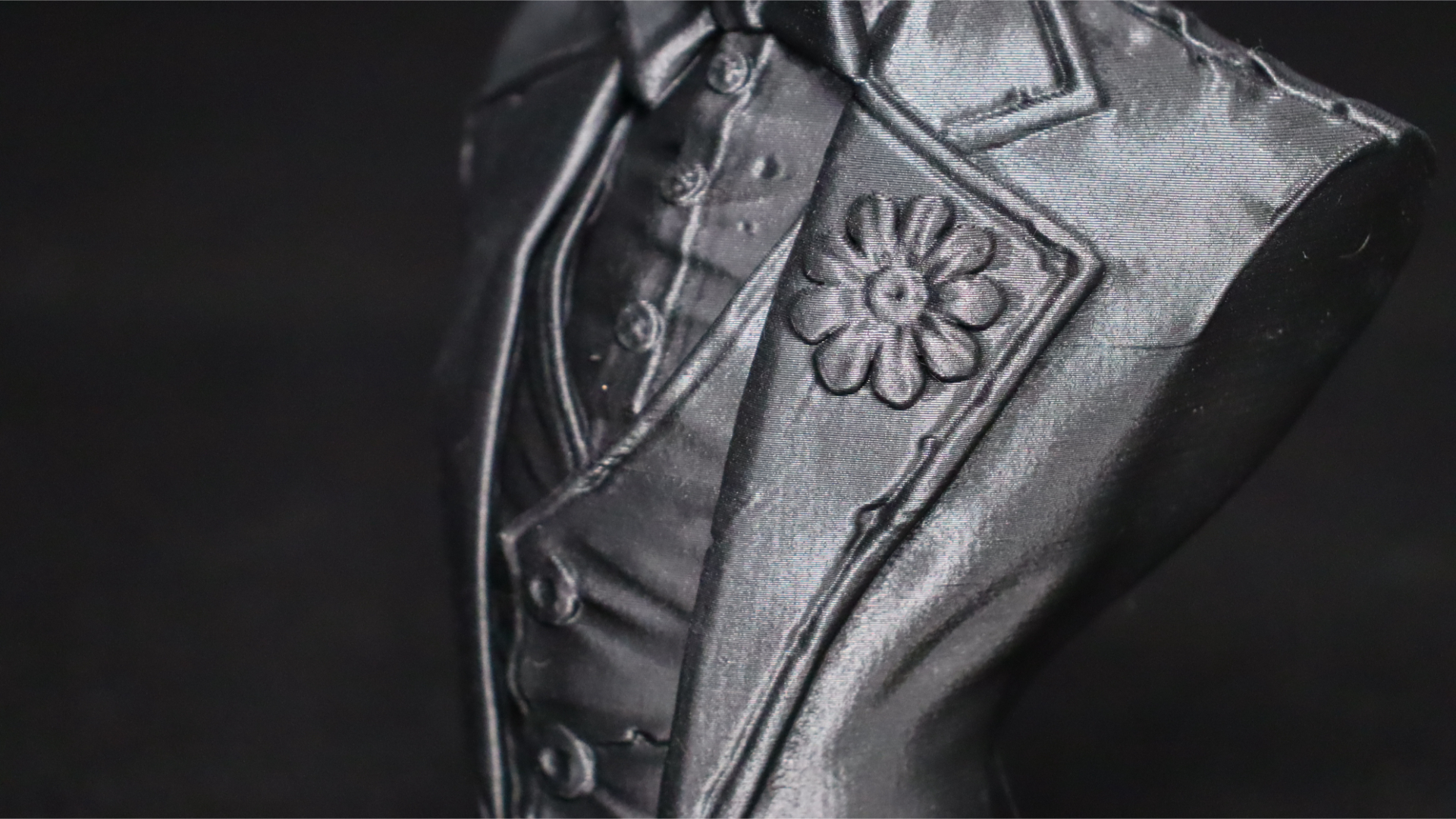
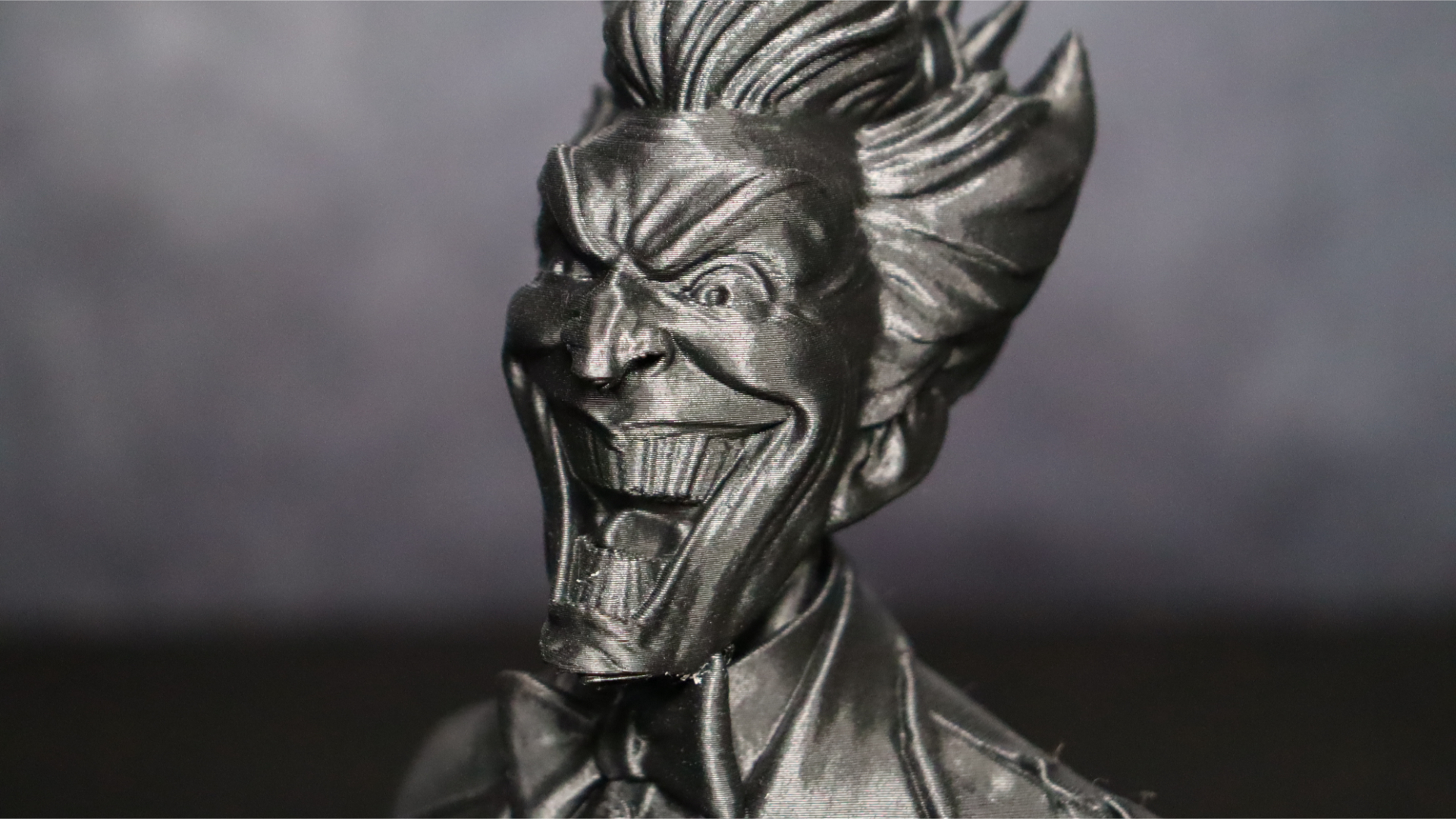
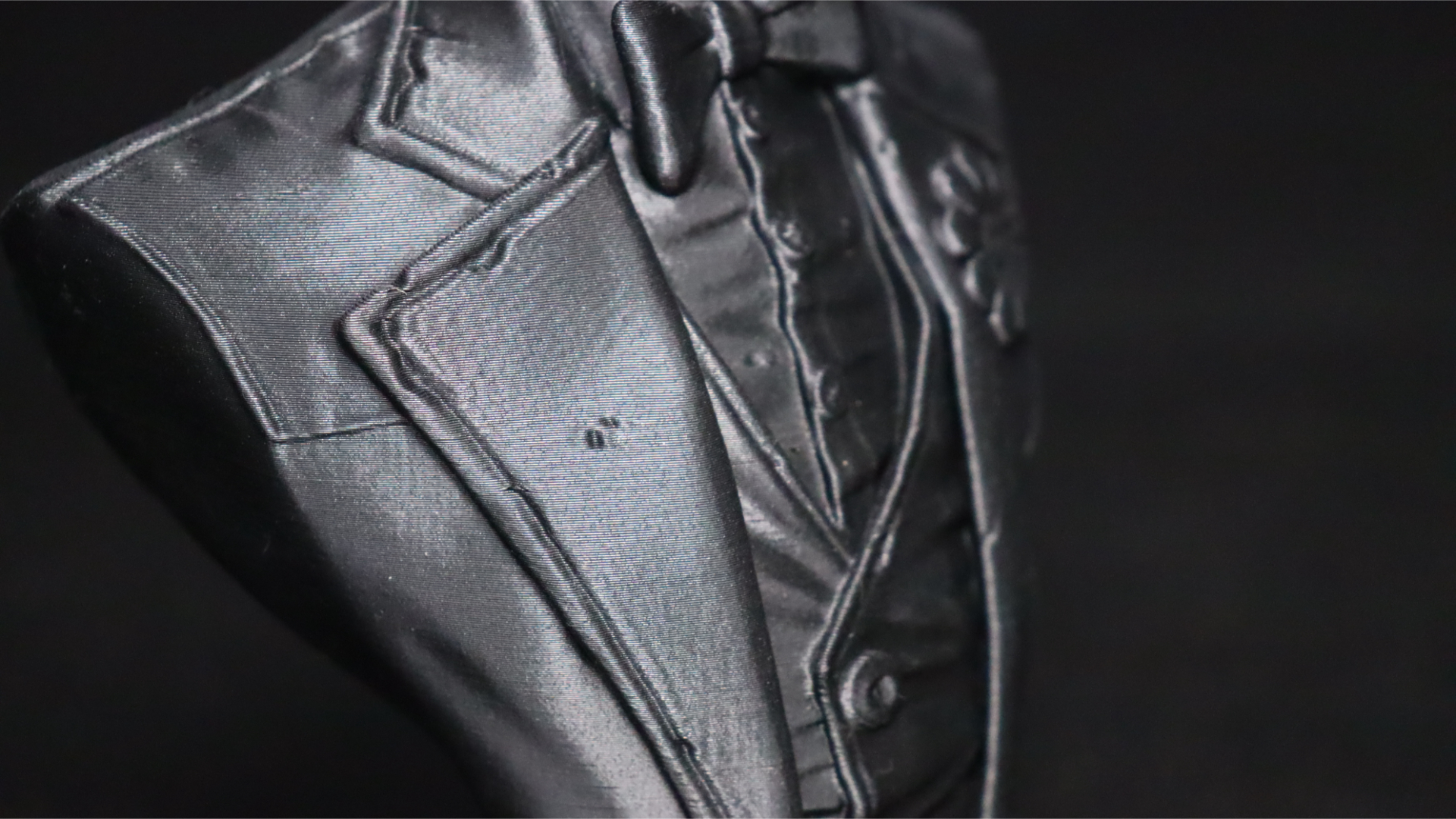
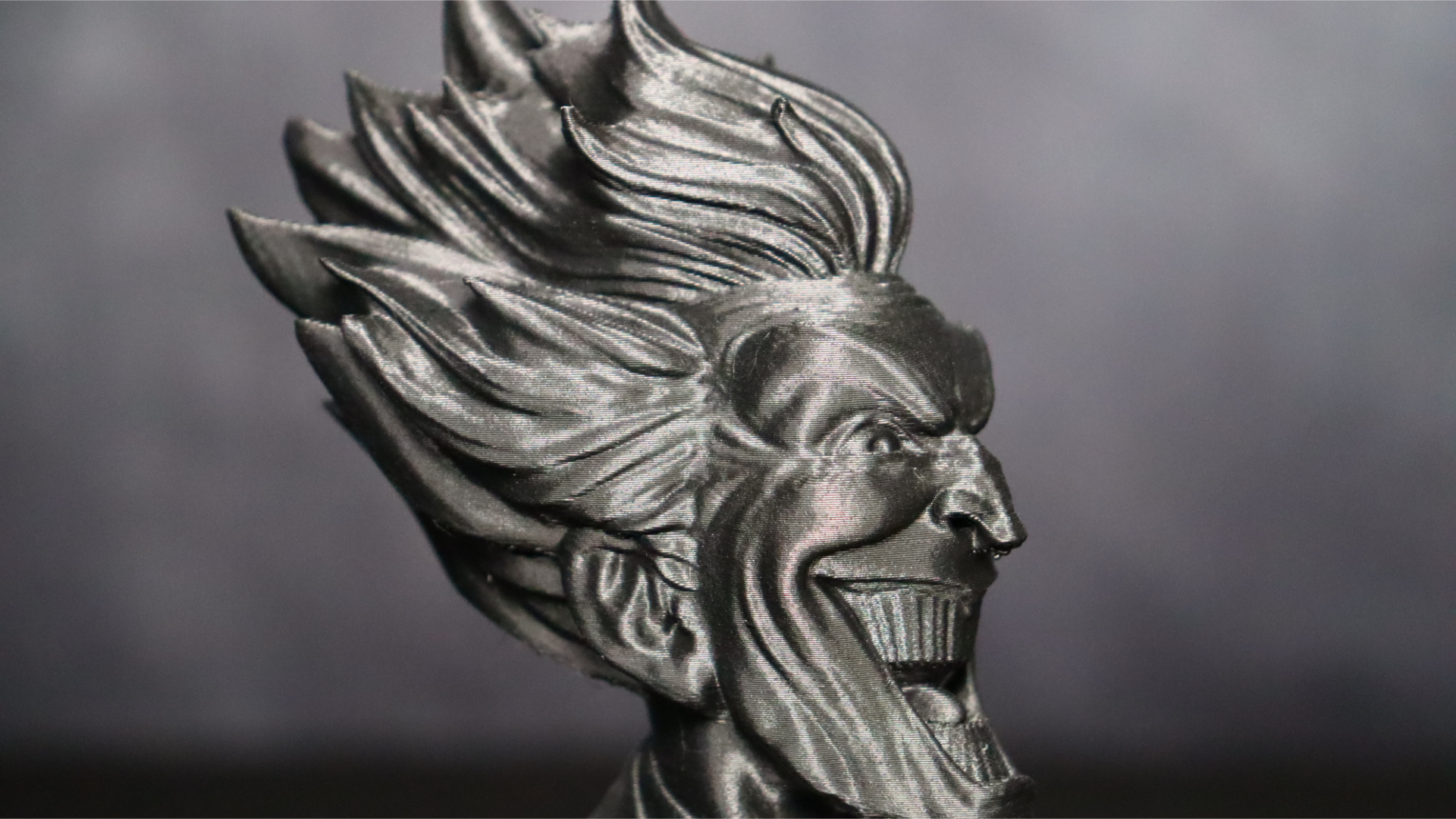
For our final prints, we chose to print a pair of busts from Eastman and his Patreon. Specifically, we printed the Batman 1990 and Joker busts, using Black Matte PLA and a layer height of 0.2 mm at 100 mm/s. The two busts and stand for Batman took just under 26 hours to complete.
The prints came out fantastic with no issues, and all the details were clearly represented. The CR-M4 performed admirably, with no stringing while the hot end moved from part to part, showcasing the excellent performance of the Sprite direct drive. The Black Matte PLA provided a smooth, clean finish on the busts, with no visible layer lines.
Printing busts like these can be challenging due to the high level of detail required, but the CR-M4 handled the job with ease, producing impressive results. The busts are a testament to the capabilities of the CR-M4 and the high-quality of the prints produced by this machine. Overall, we were very pleased with the performance of the CR-M4 and the quality of the prints it produced.
Creality CR-M4: Price & warranty
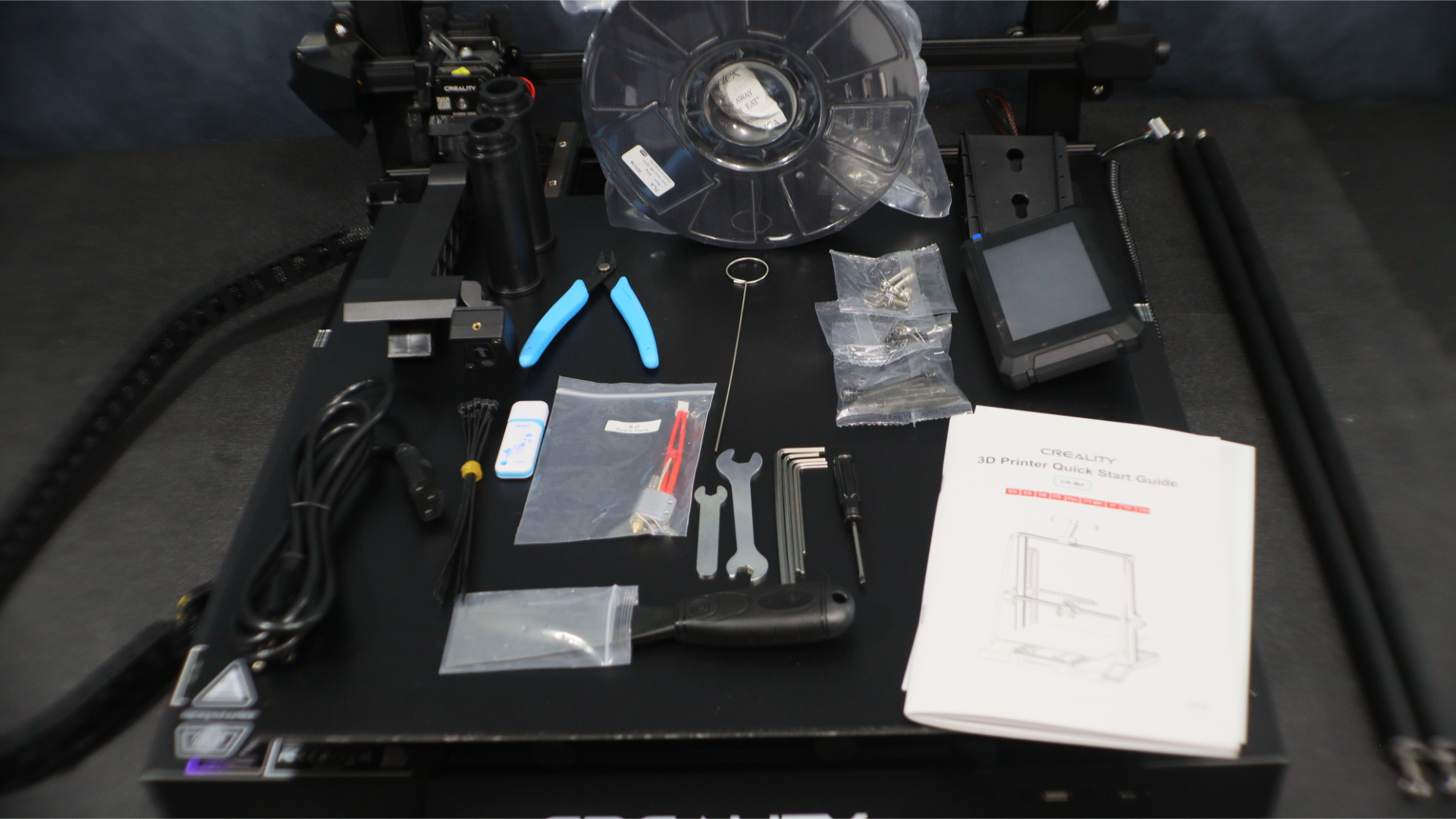
With a retail price of $1,099, the Creality CR-M4 is positioned at the higher end of the scale. However, considering the feature set and capabilities it offers, we think it represents solid value for the price.
The Creality CR-M4 is covered by a standard 12-month limited warranty from Creality, and complete details can be found on their website. Additionally, Creality offers CR Care+, which is a paid after-warranty service that extends the warranty period beyond the initial 12 months. This provides peace of mind to users who want to ensure that their printer remains in top condition and fully operational for an extended time. With the CR Care+ service, users can be confident that they are getting the most out of their investment in the CR-M4.
Should you buy the Creality CR-M4?
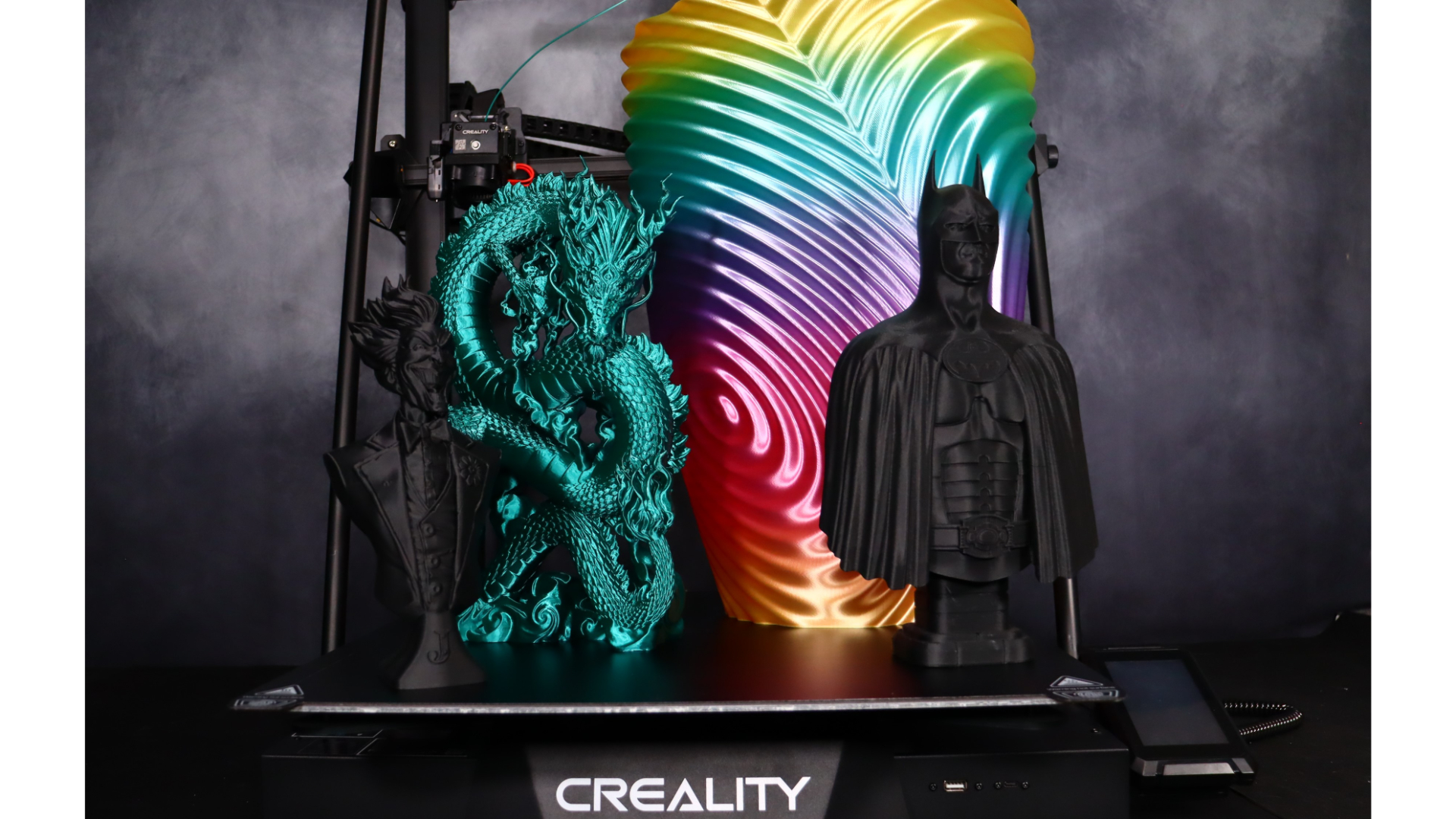
The Creality CR-M4 is an impressive printer that offers a massive build volume, making it ideal for both professionals and hobbyists who require a large print volume for their projects. Its connectivity options also make it a great choice for mass production. With several CR-M4s on the same network and accessible via one app, you can easily manage and monitor multiple printers from a single location, saving time and effort.
During our testing, we were impressed with the printer's performance, especially when it came to bed adhesion. The high flow Sprite direct drive extruder also performed exceptionally well, leaving little to no stringing between multiple parts on the bed. This results in cleaner and more accurate prints.
Overall, the Creality CR-M4 is a reliable and efficient printer that offers a lot of value for its price. Whether you're a professional looking for a production unit or a hobbyist in need of a large print volume, the CR-M4 is worth considering.
Alternatives
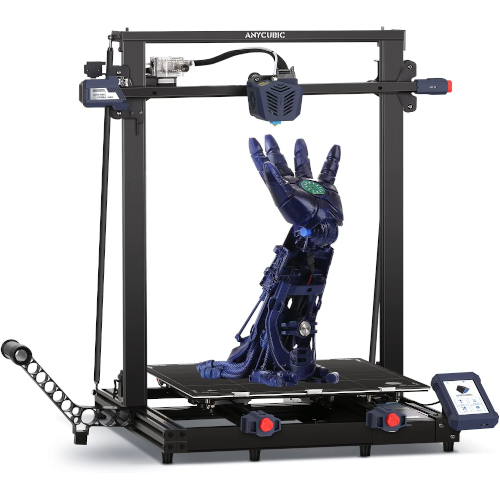
Cheaper alternative
If you want a big print bed for less, the Kobra Max is almost as big and roughly half the price.
For
- Huge build capacity
- Auto bed leveling
- Glass print bed
Against
- Big
- Doesn’t come with larger nozzles
- Slow
Join our Space Forums to keep talking space on the latest missions, night sky and more! And if you have a news tip, correction or comment, let us know at: community@space.com.
Will is a freelance writer from Canada and 3D printing guru. If you need to know anything about 3D printing, slicing software, or 3d modelling, he's your guy. As a result, you'll find him reviewing the latest 3d printers for Space.com, as well as offering handy tips and buying advice for newcomers to the field.
SpaceX Falcon 9 rocket launches 28 Starlink satellites, aces droneship booster landing (photos)
Hubble Telescope snaps stunning portraits of Mars, a celestial moth and more in spectacular 35th anniversary photos
Mars is covered in evidence of ancient lakes, rain and snow — but scientists aren't sure how that's possible
